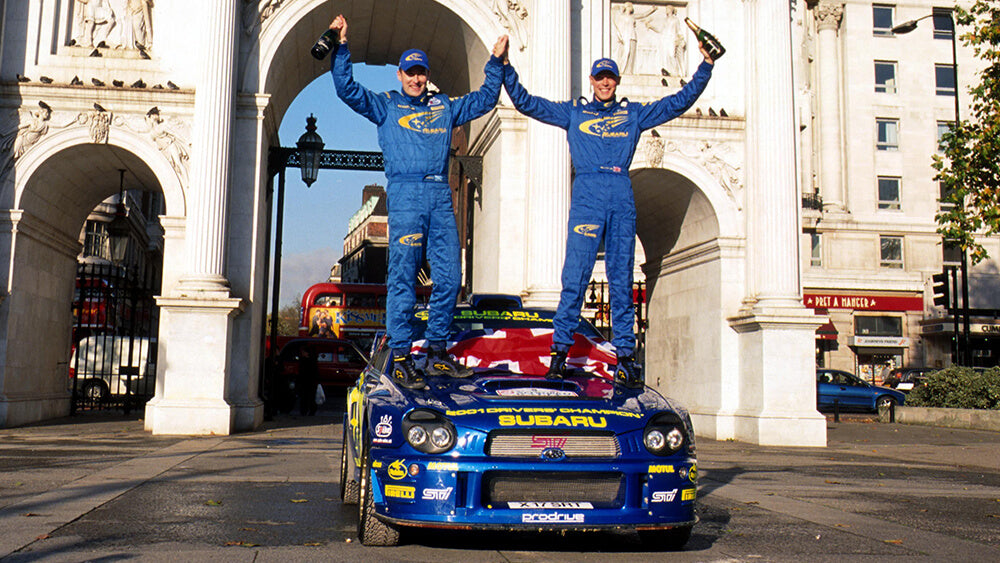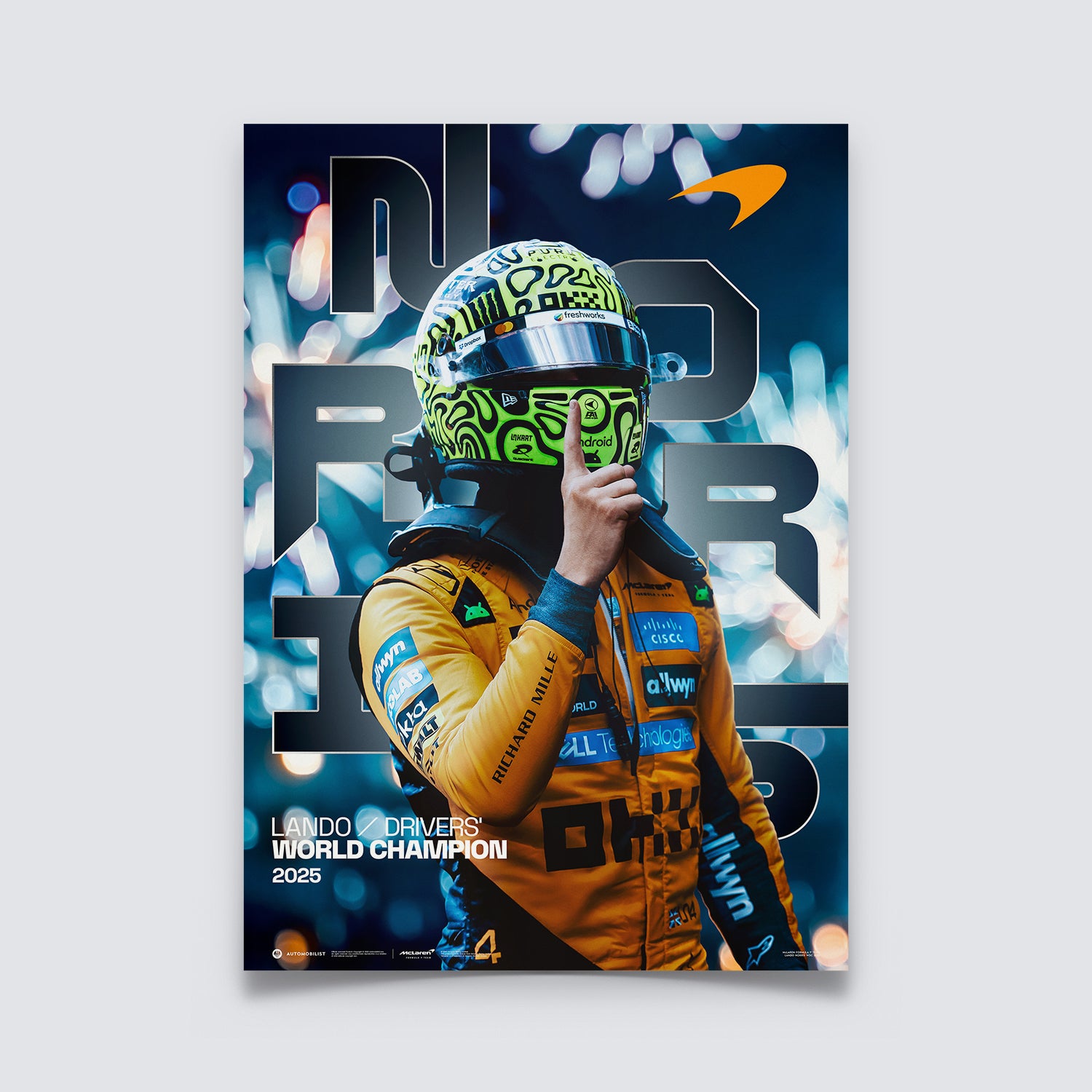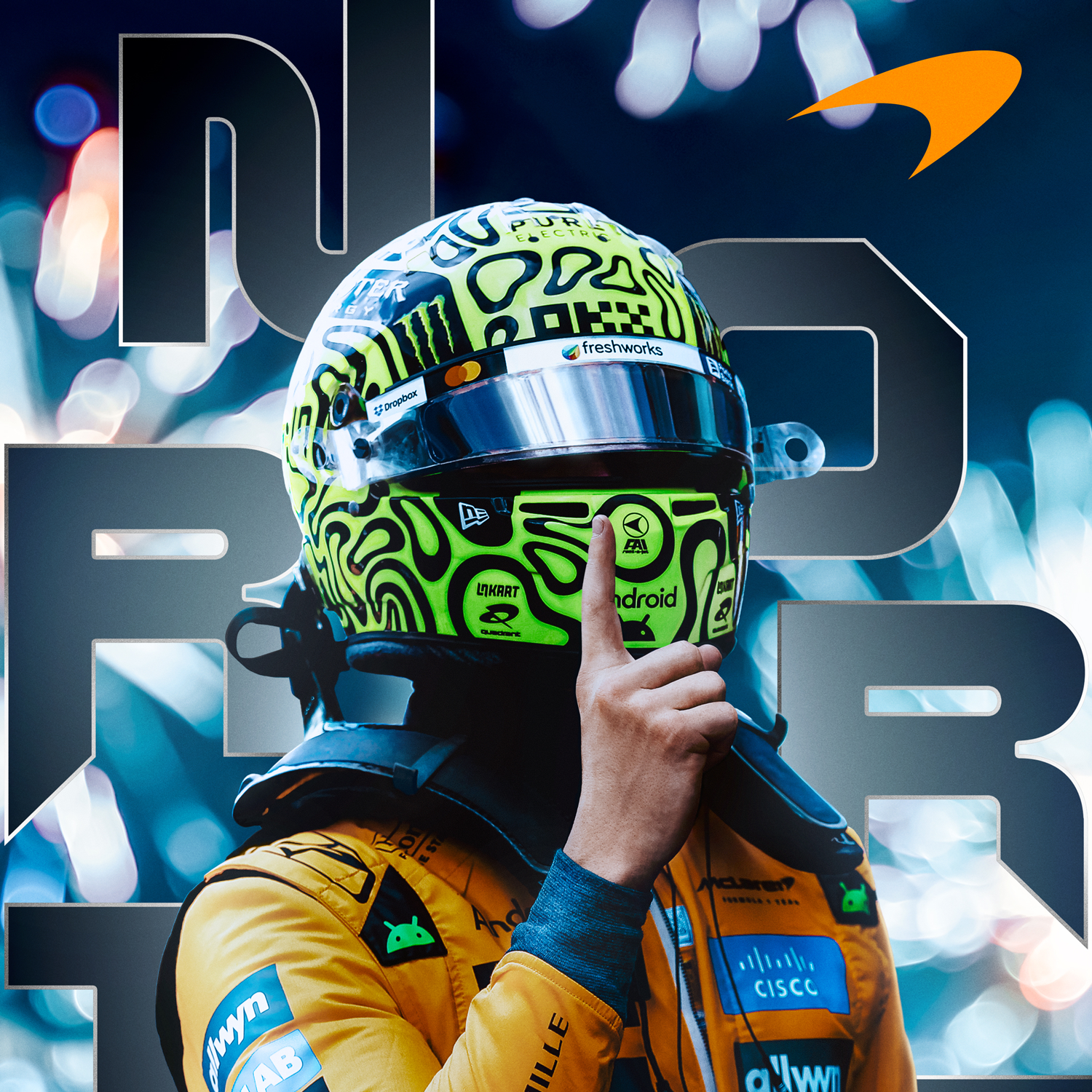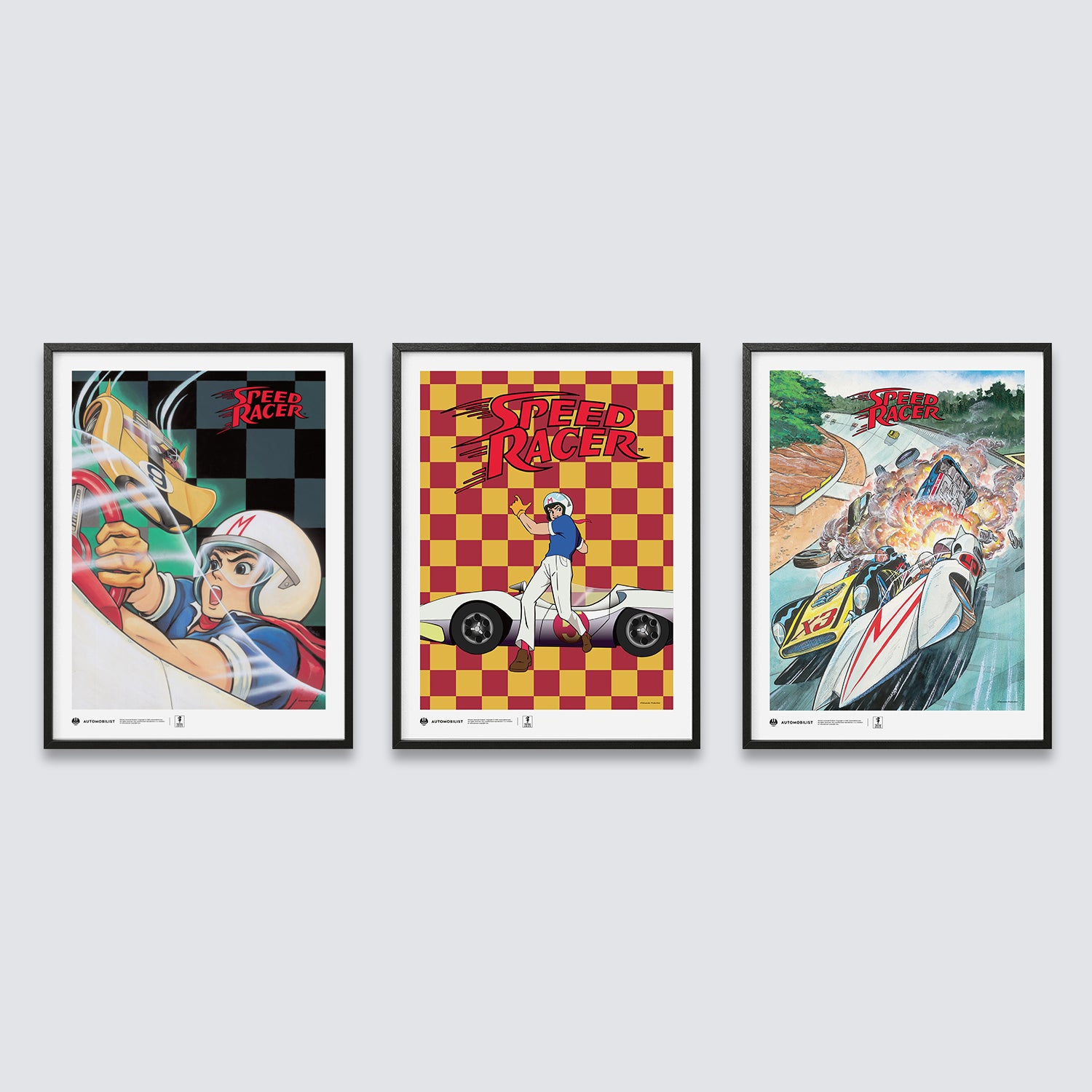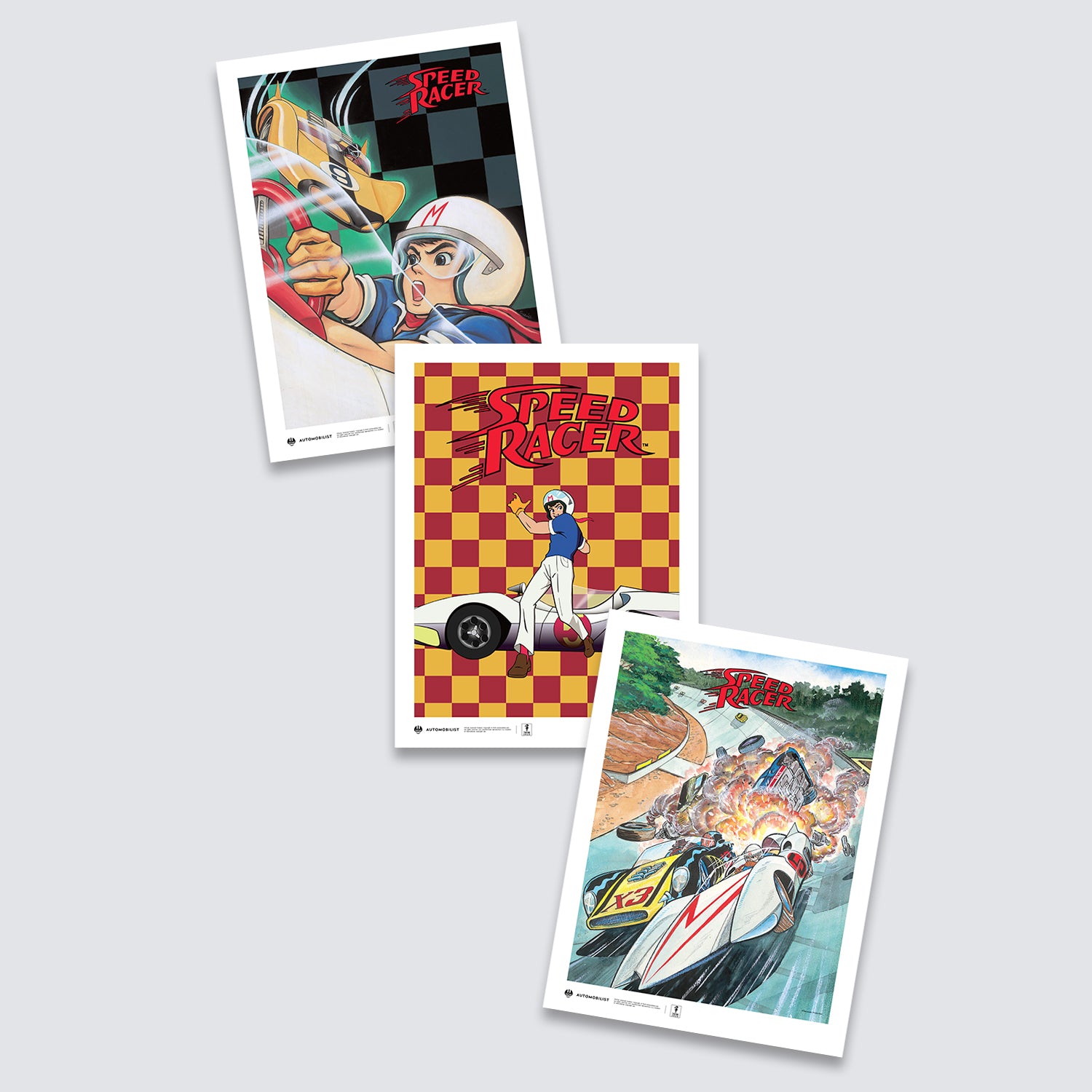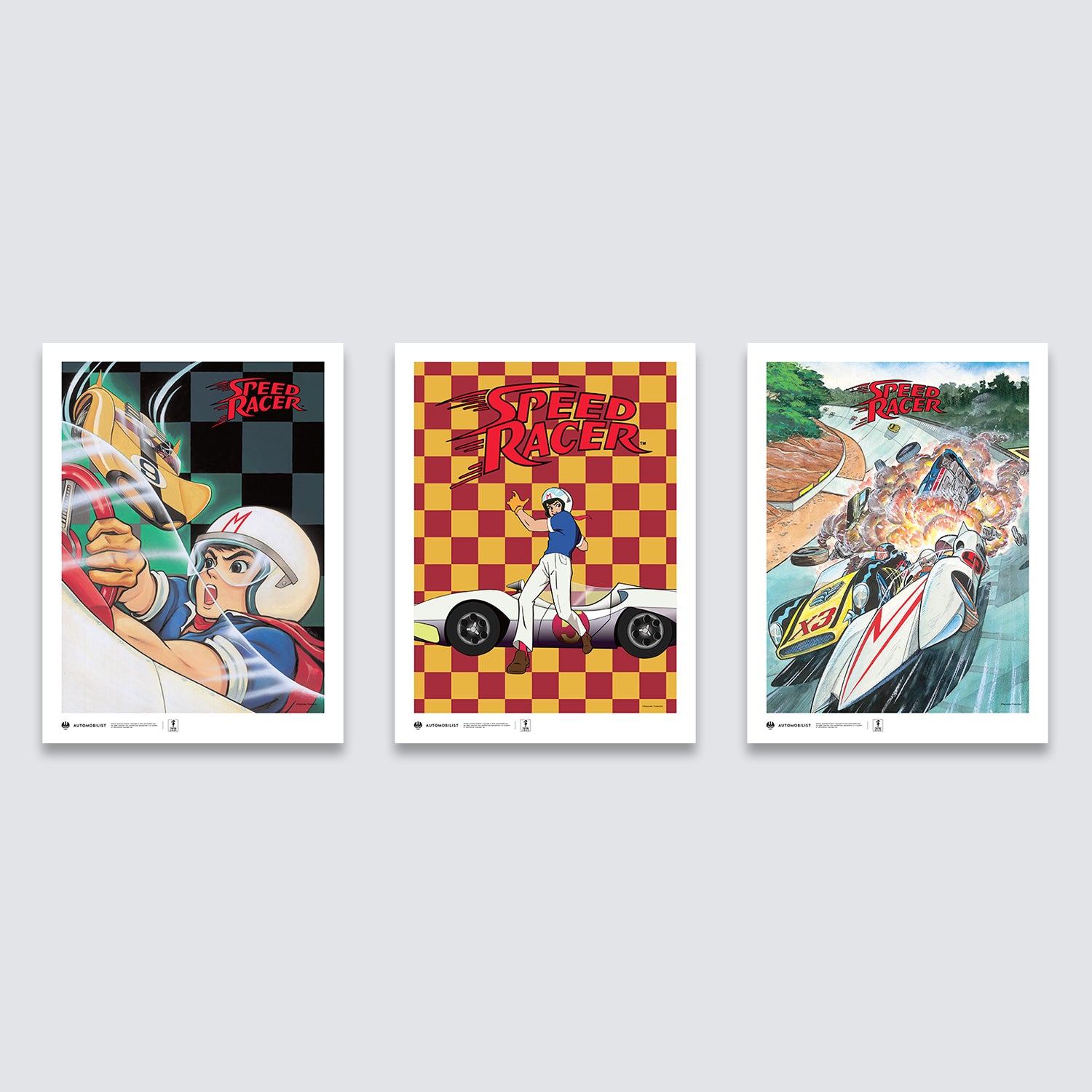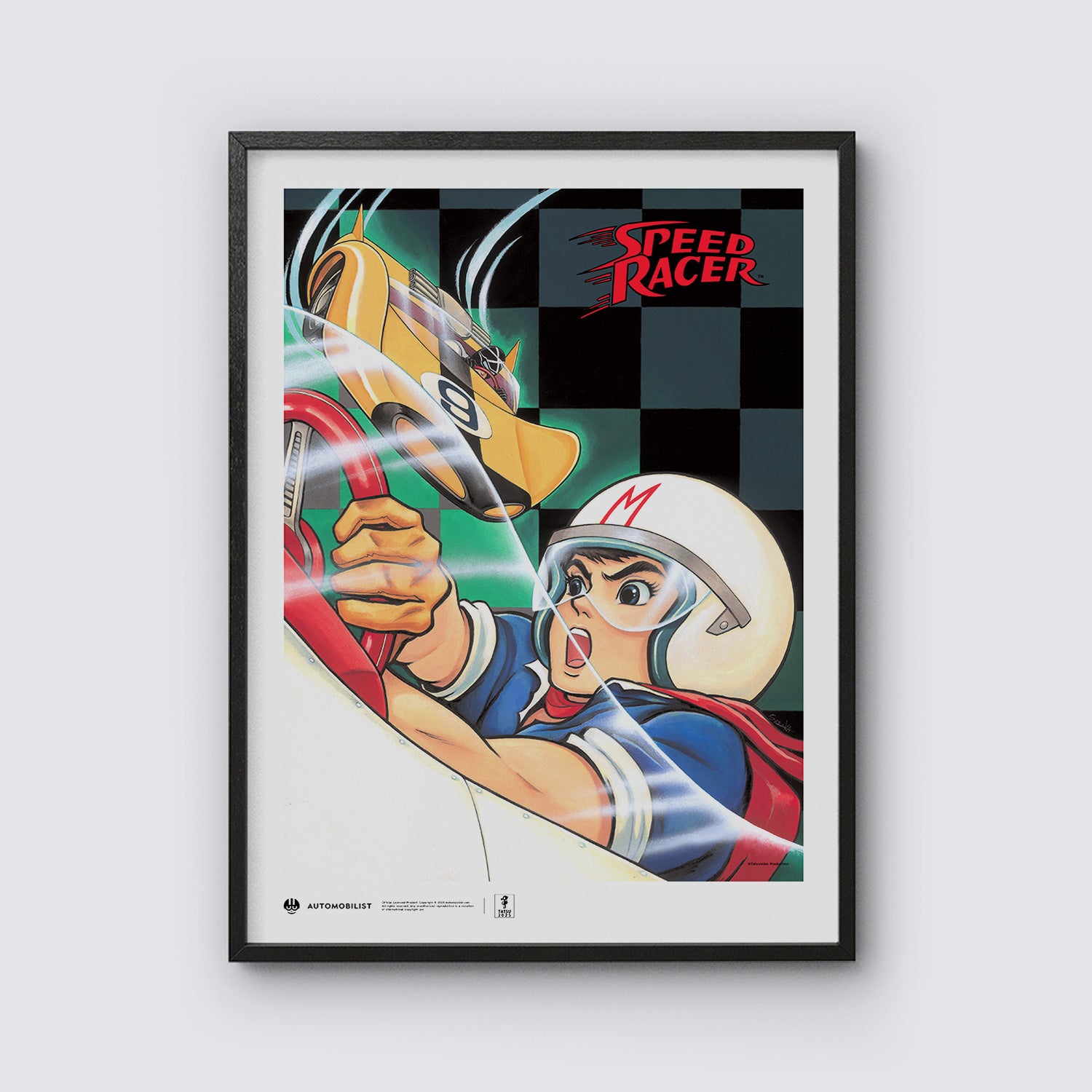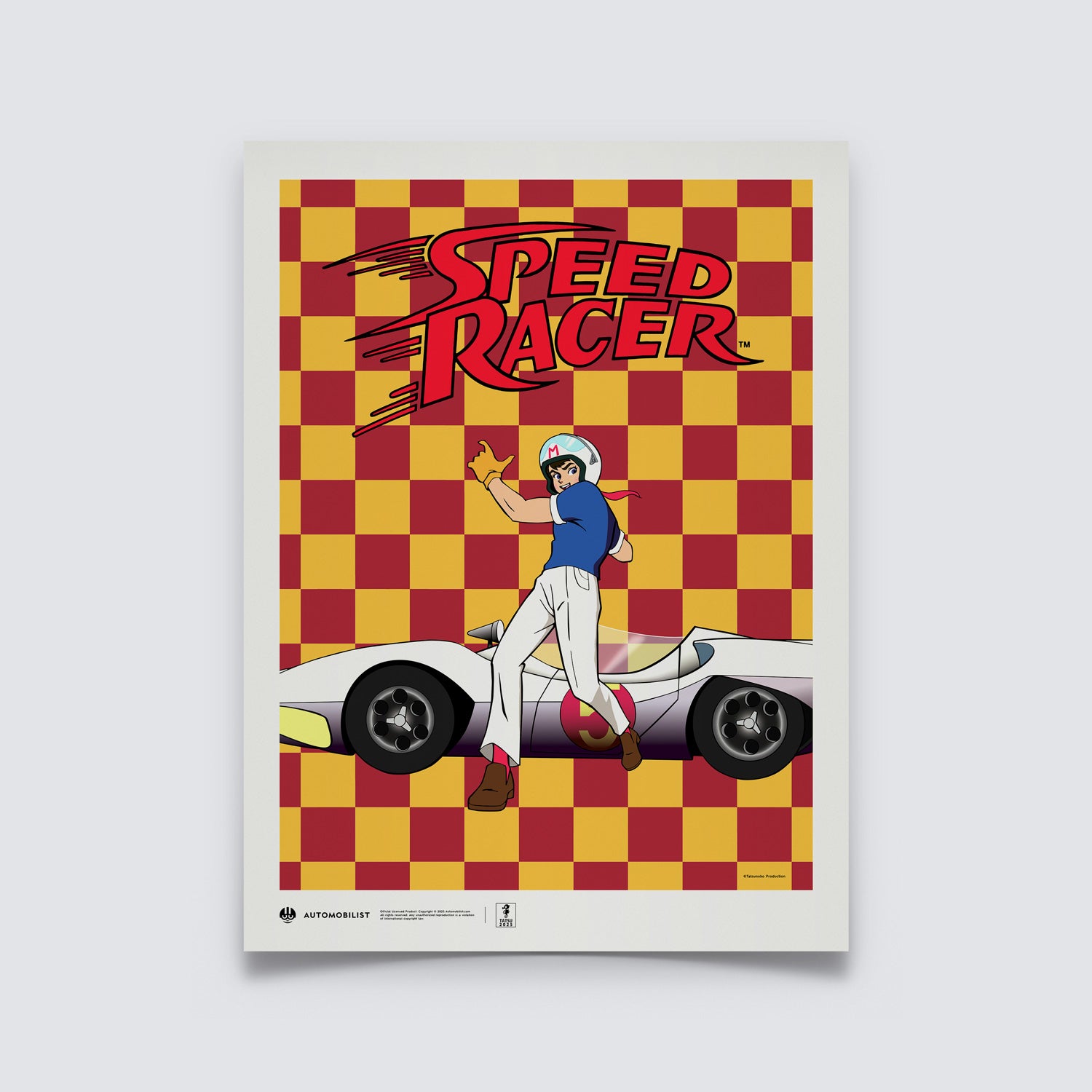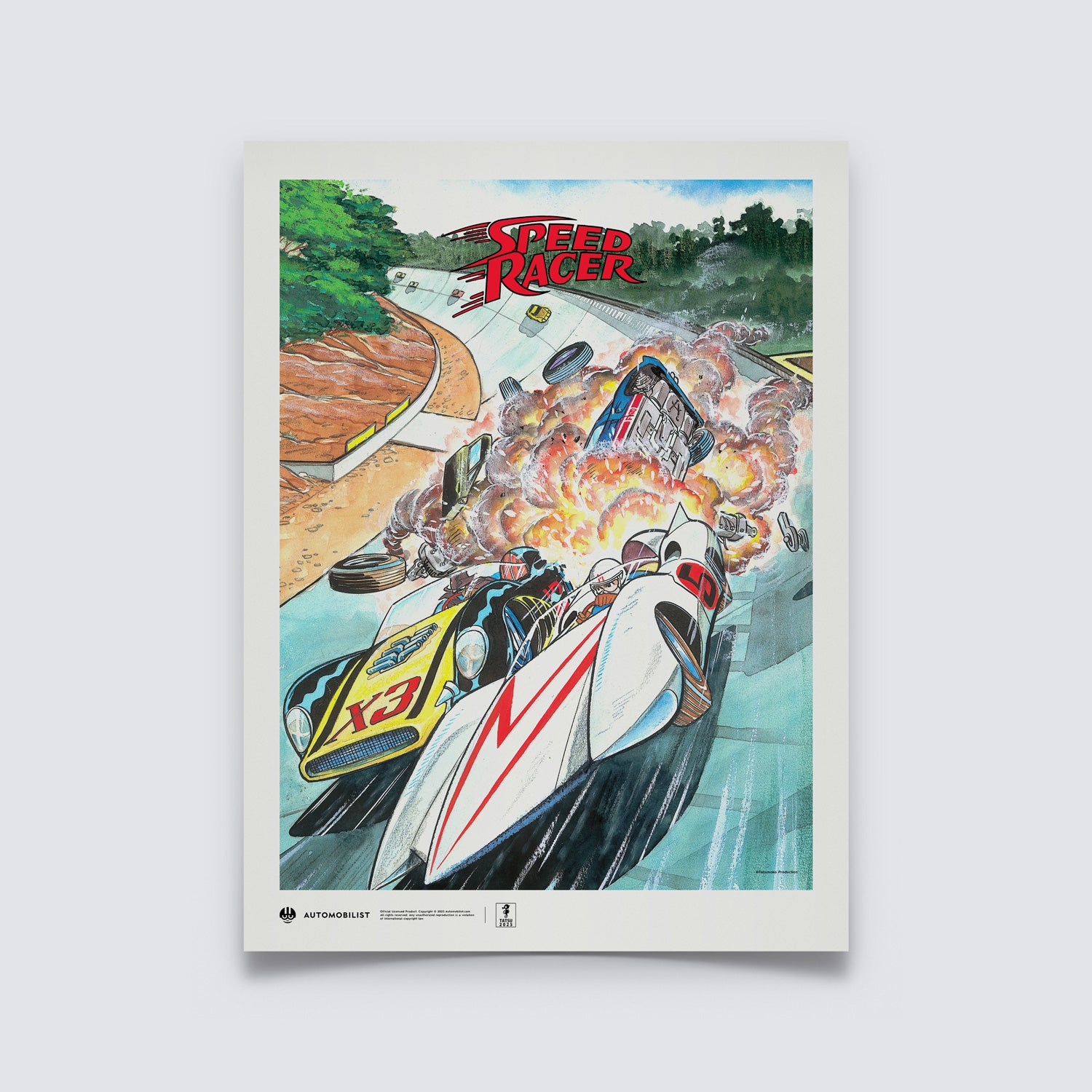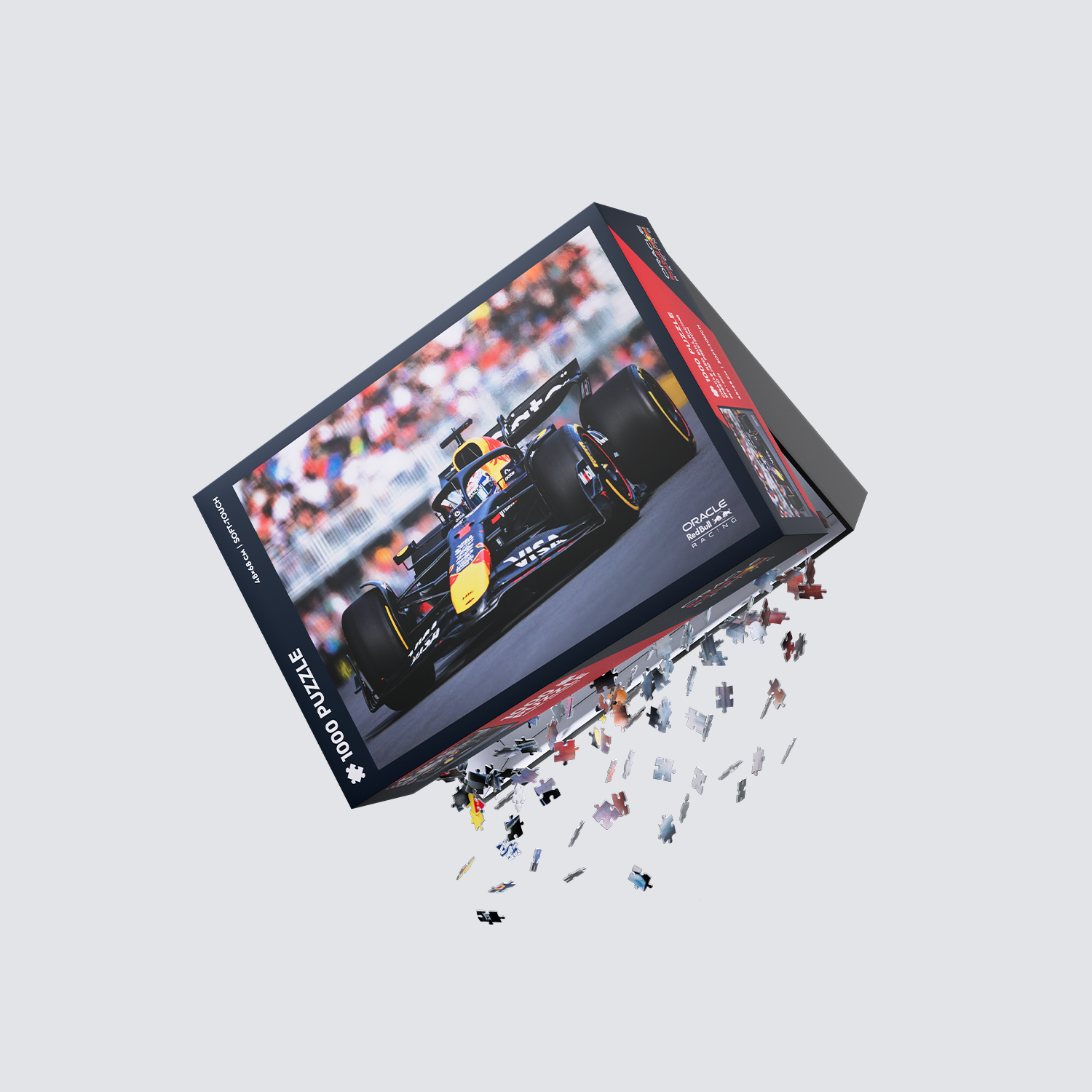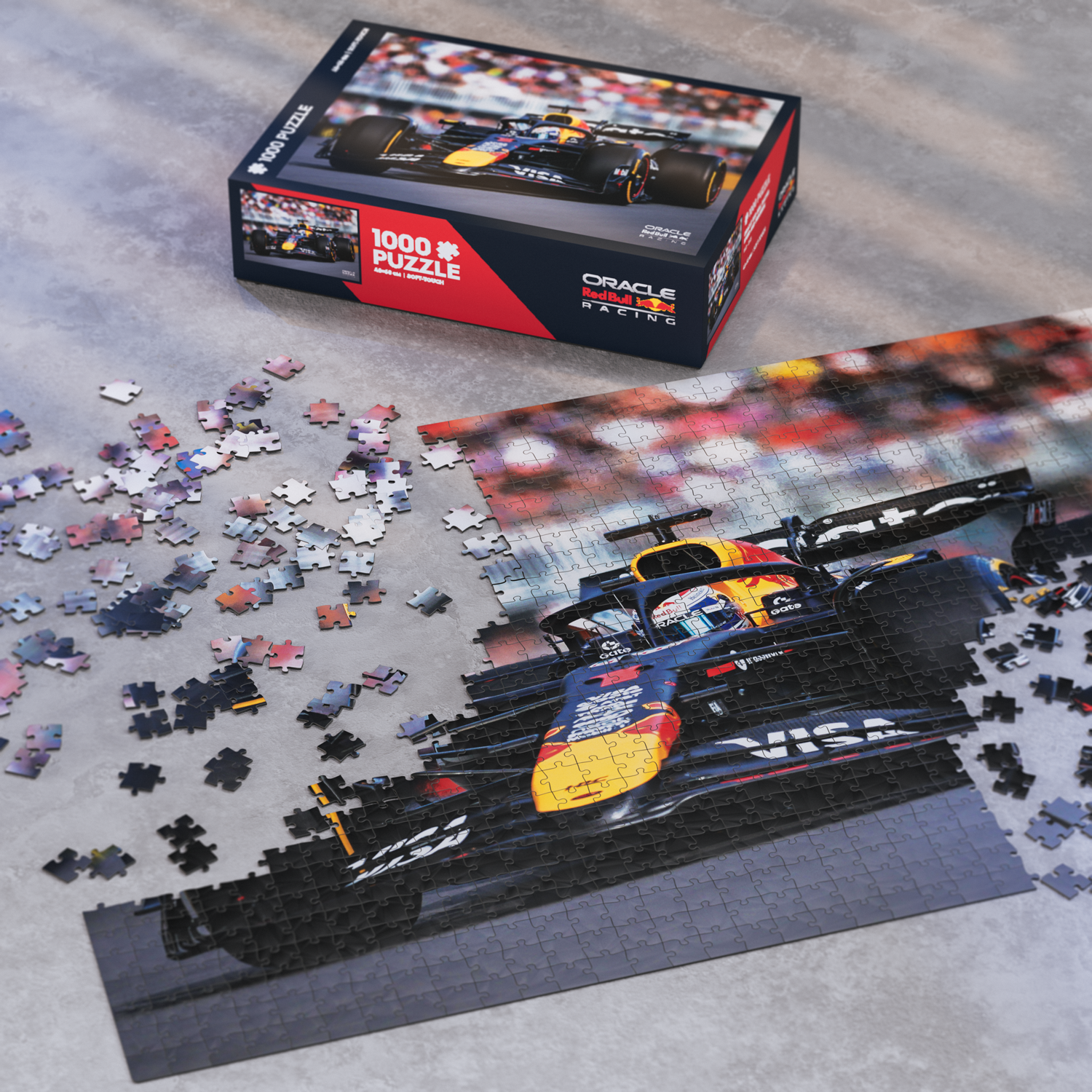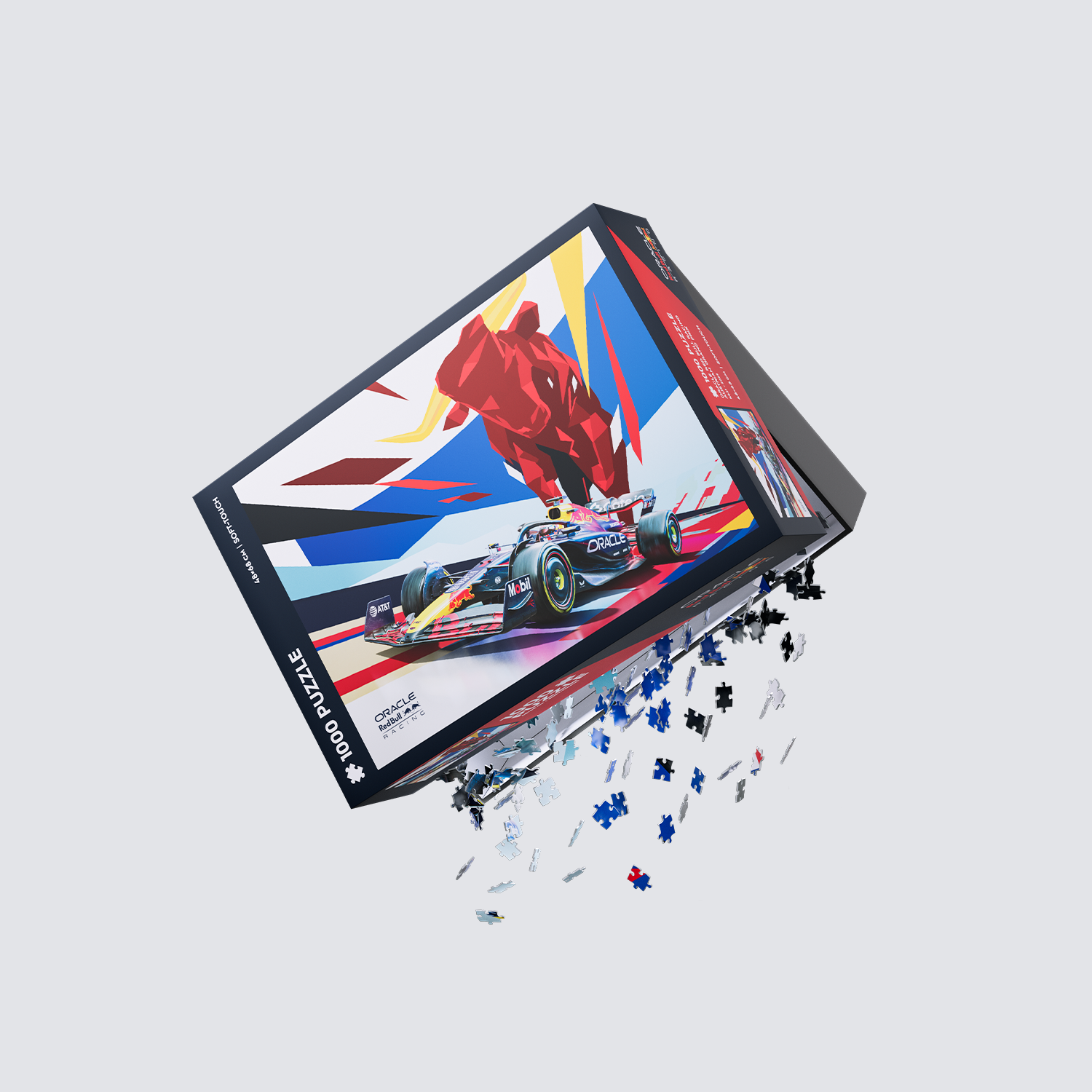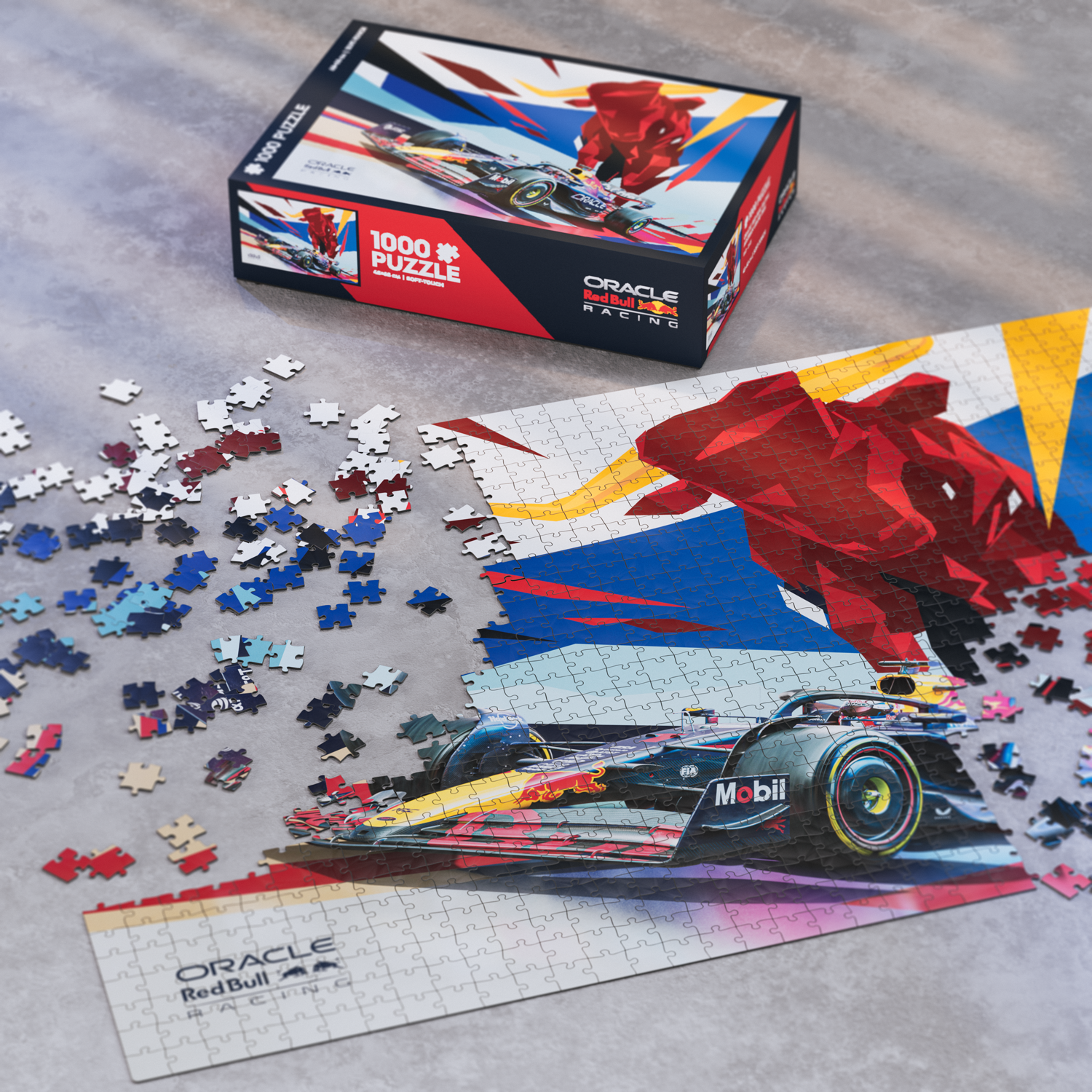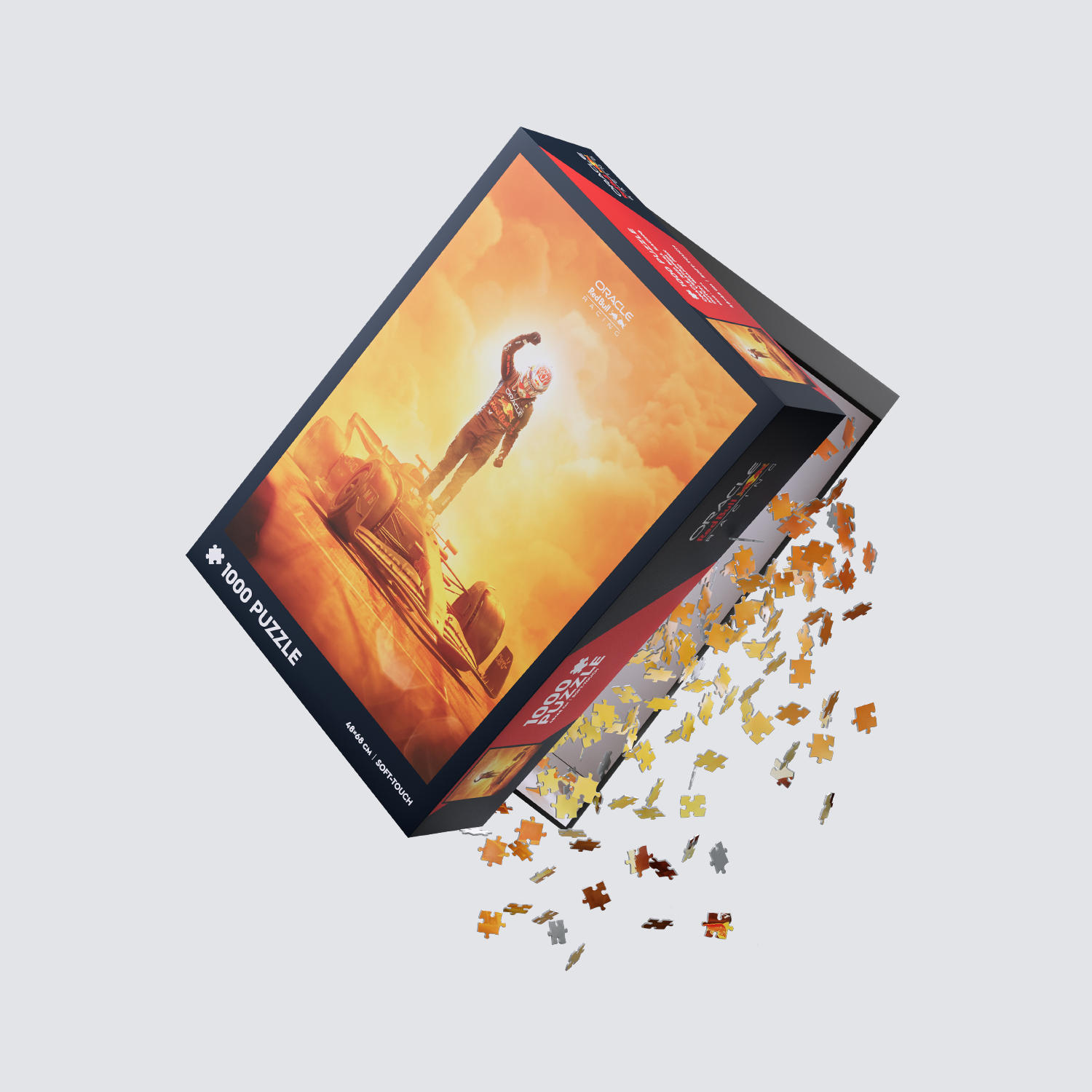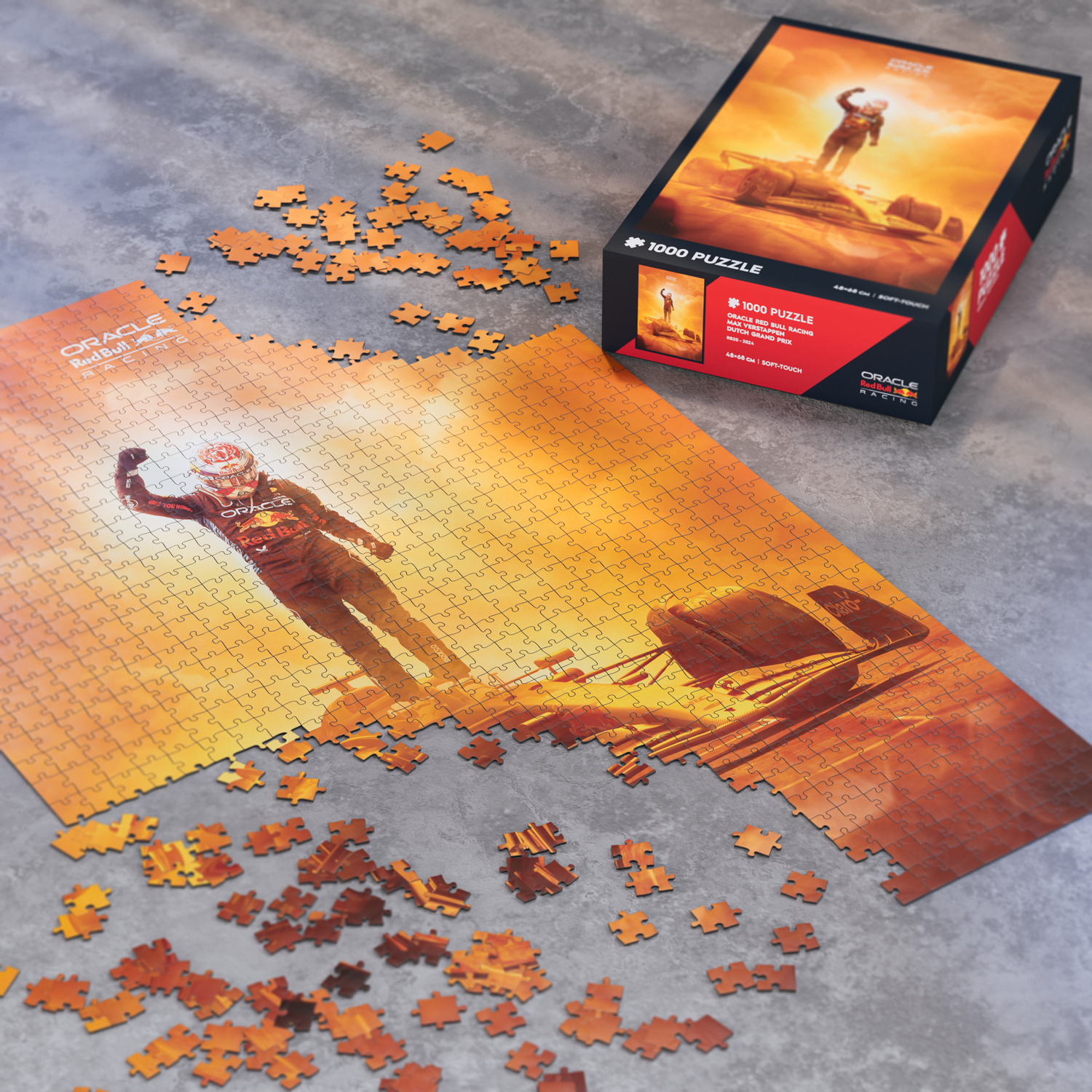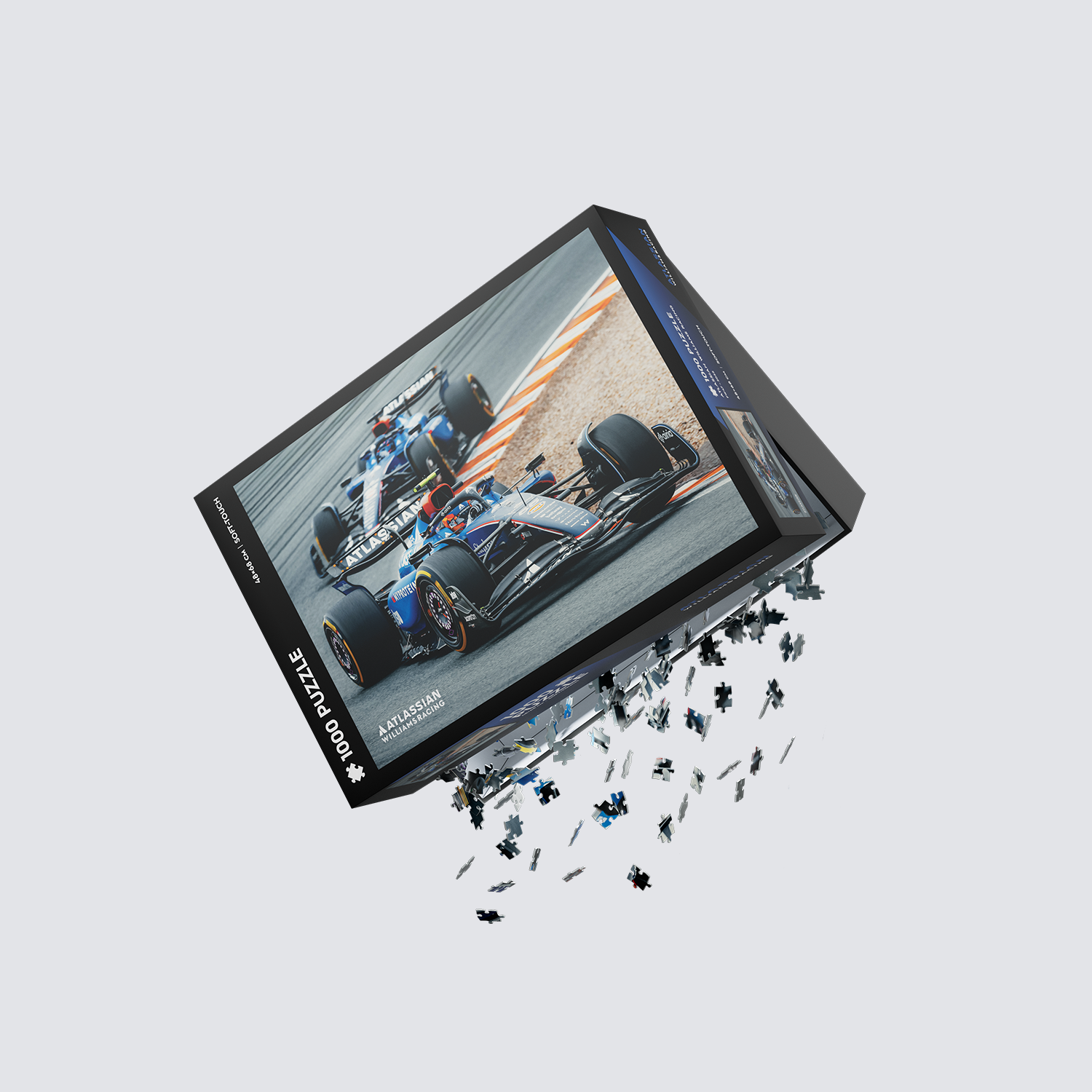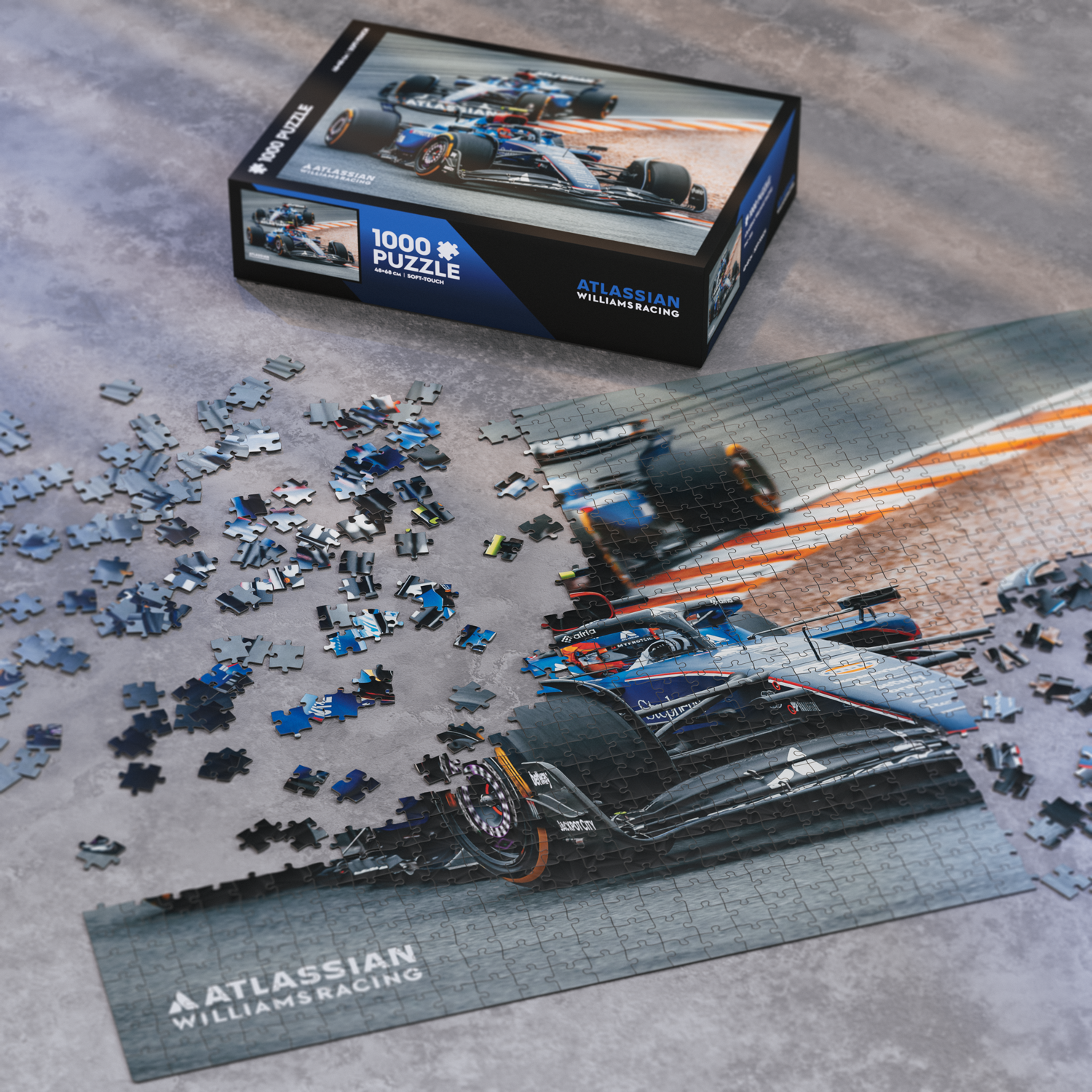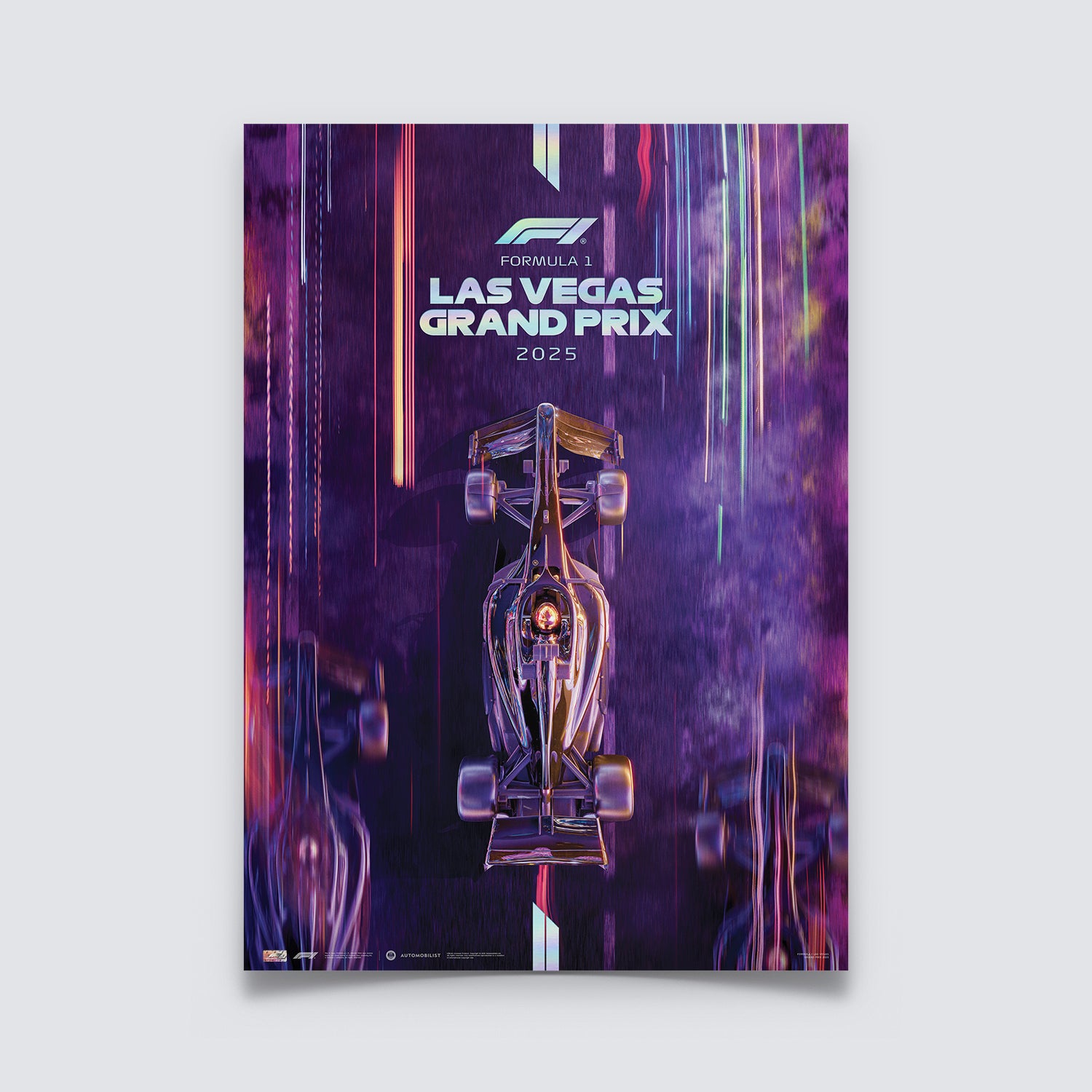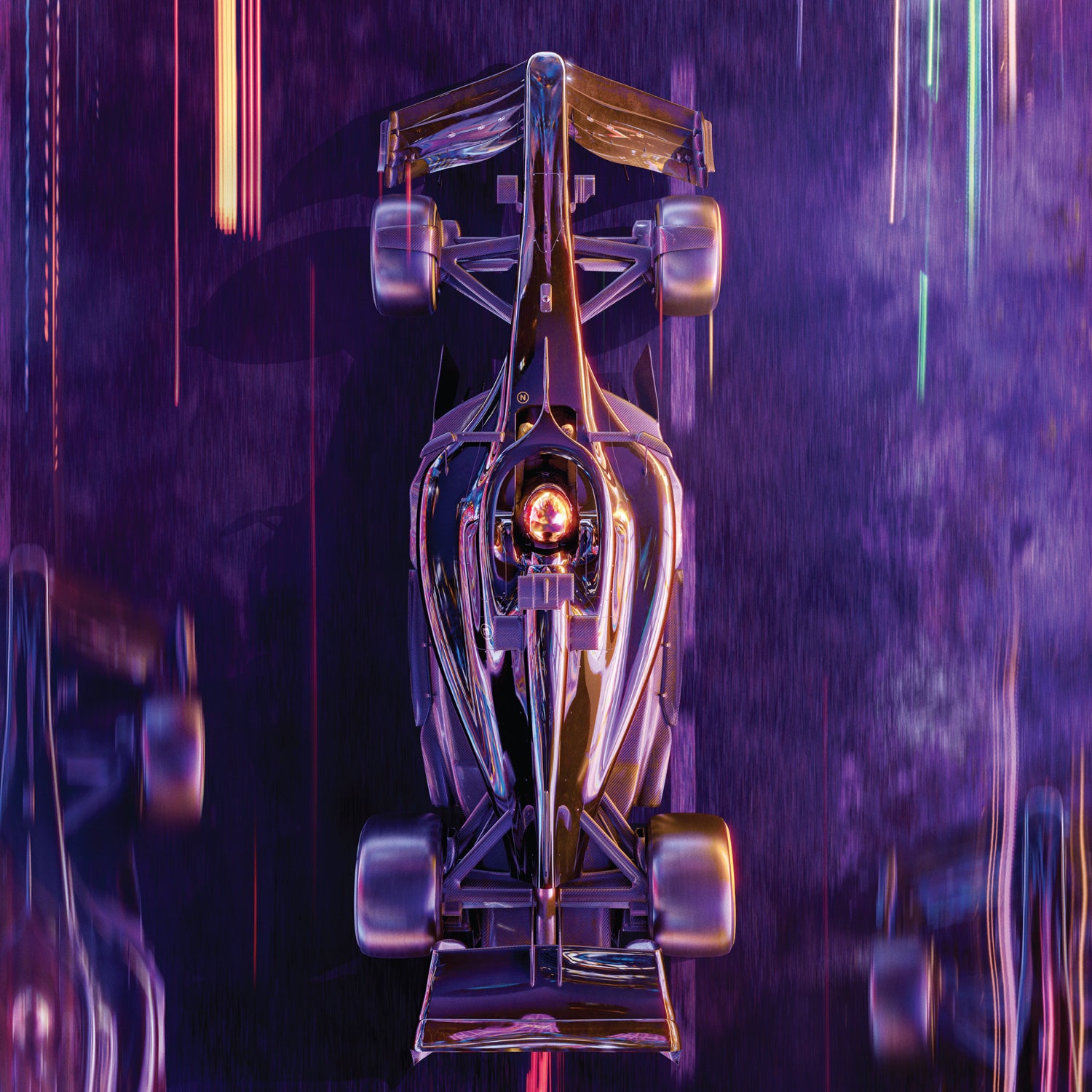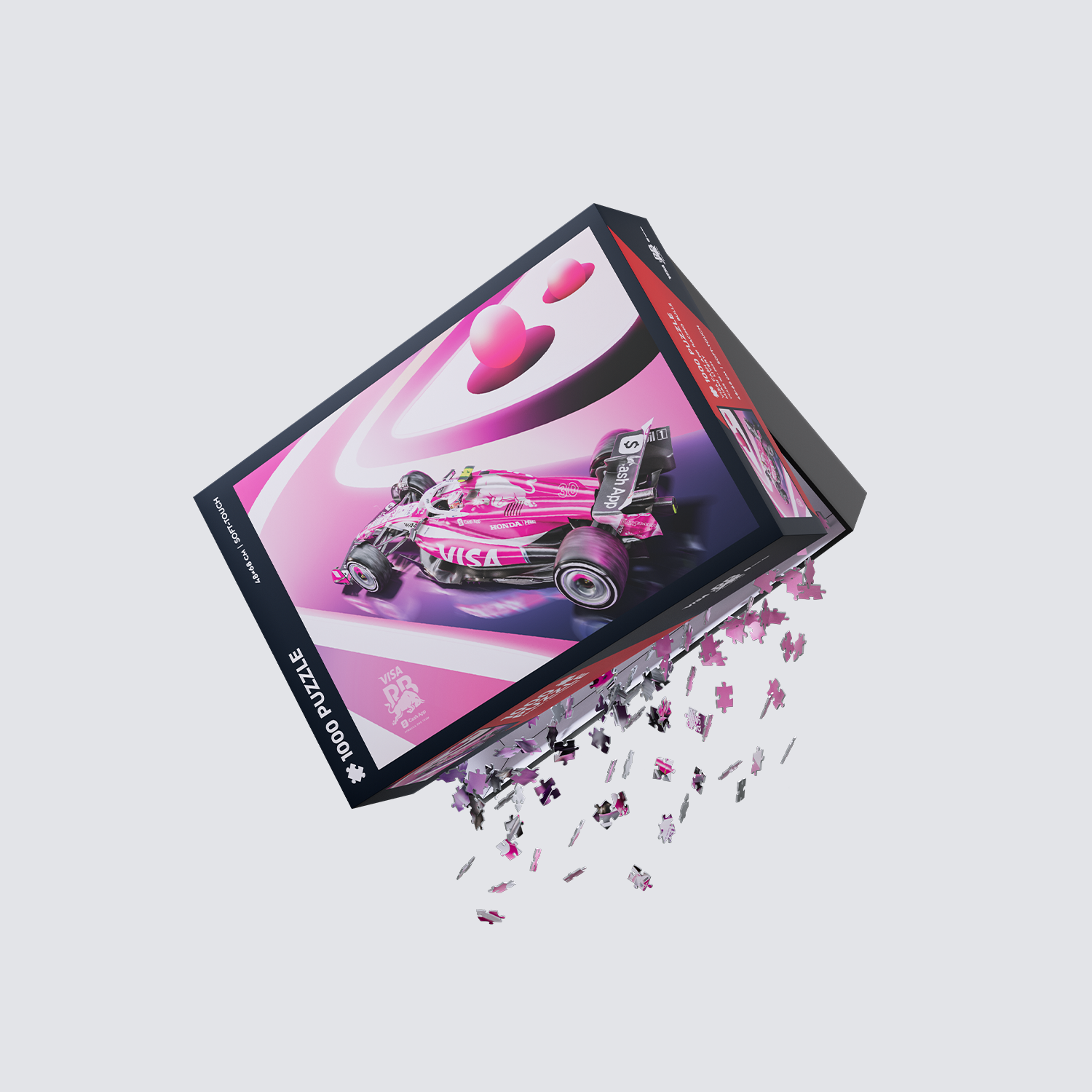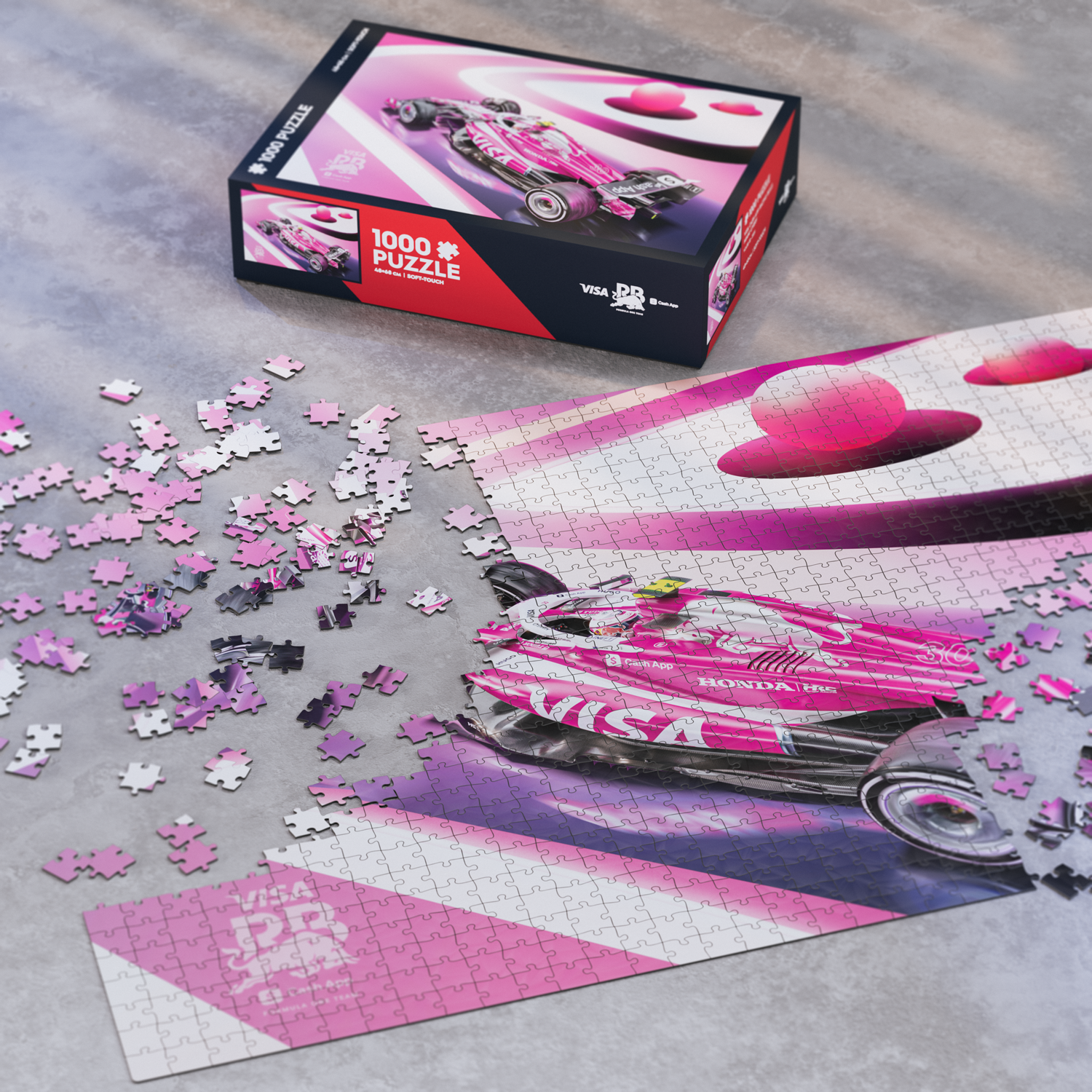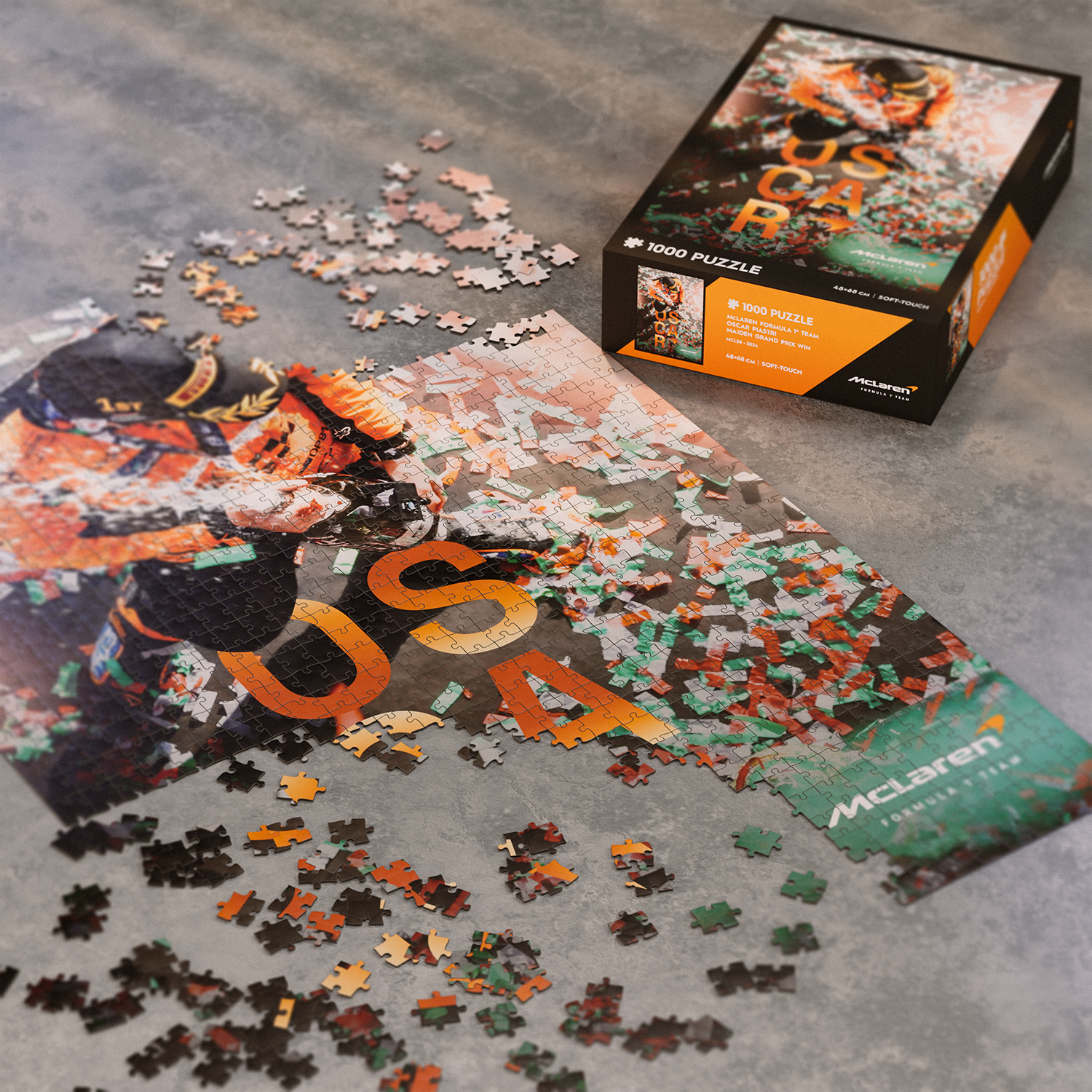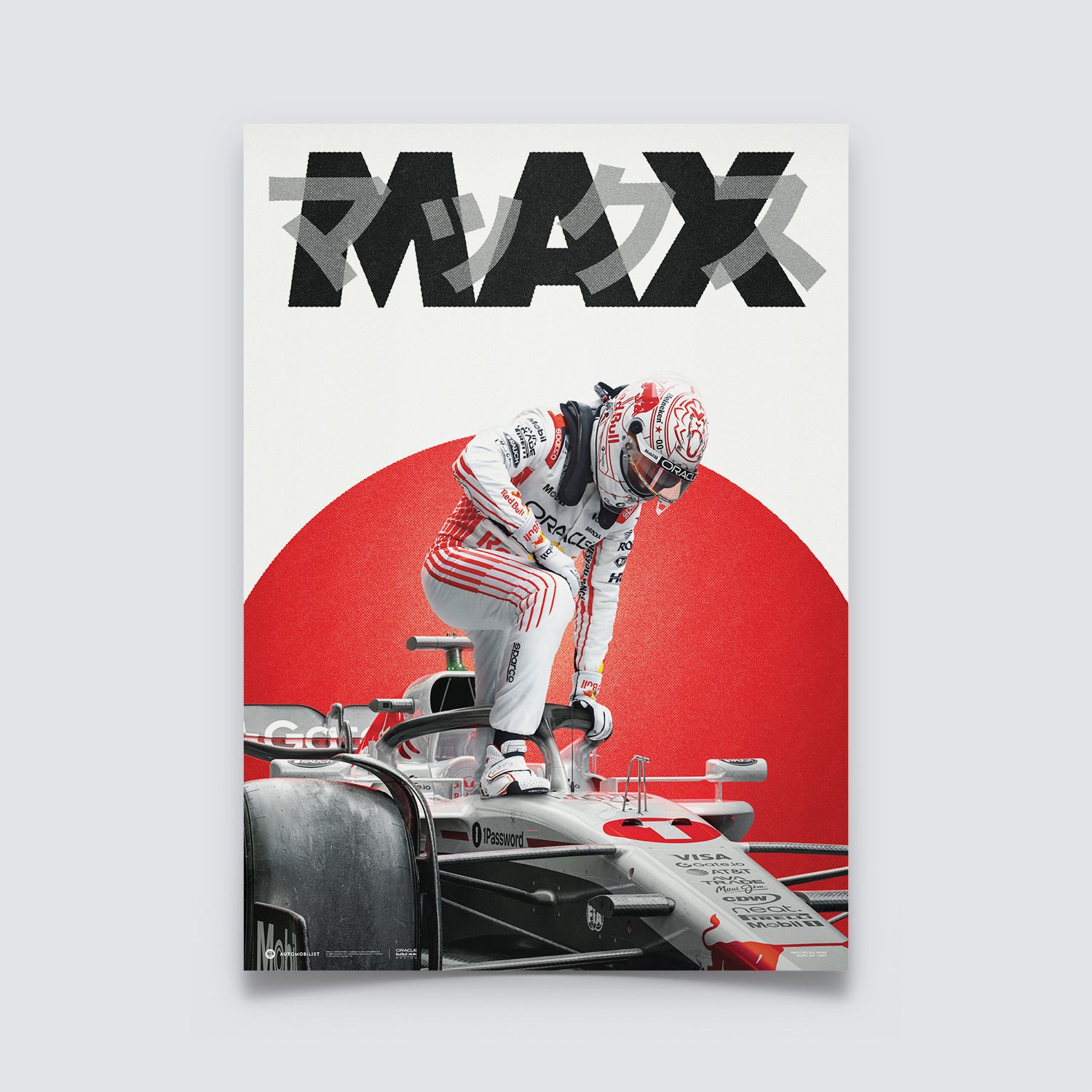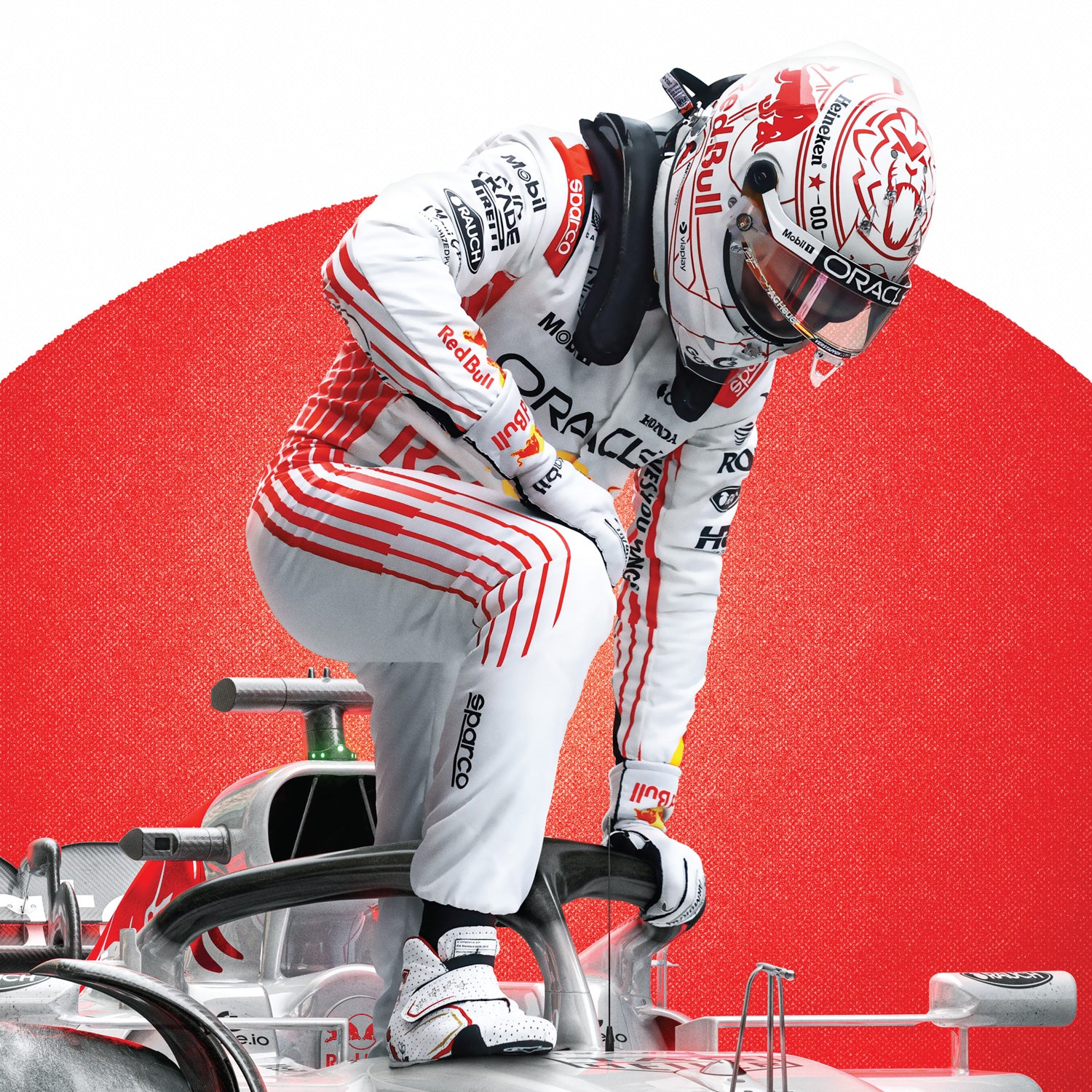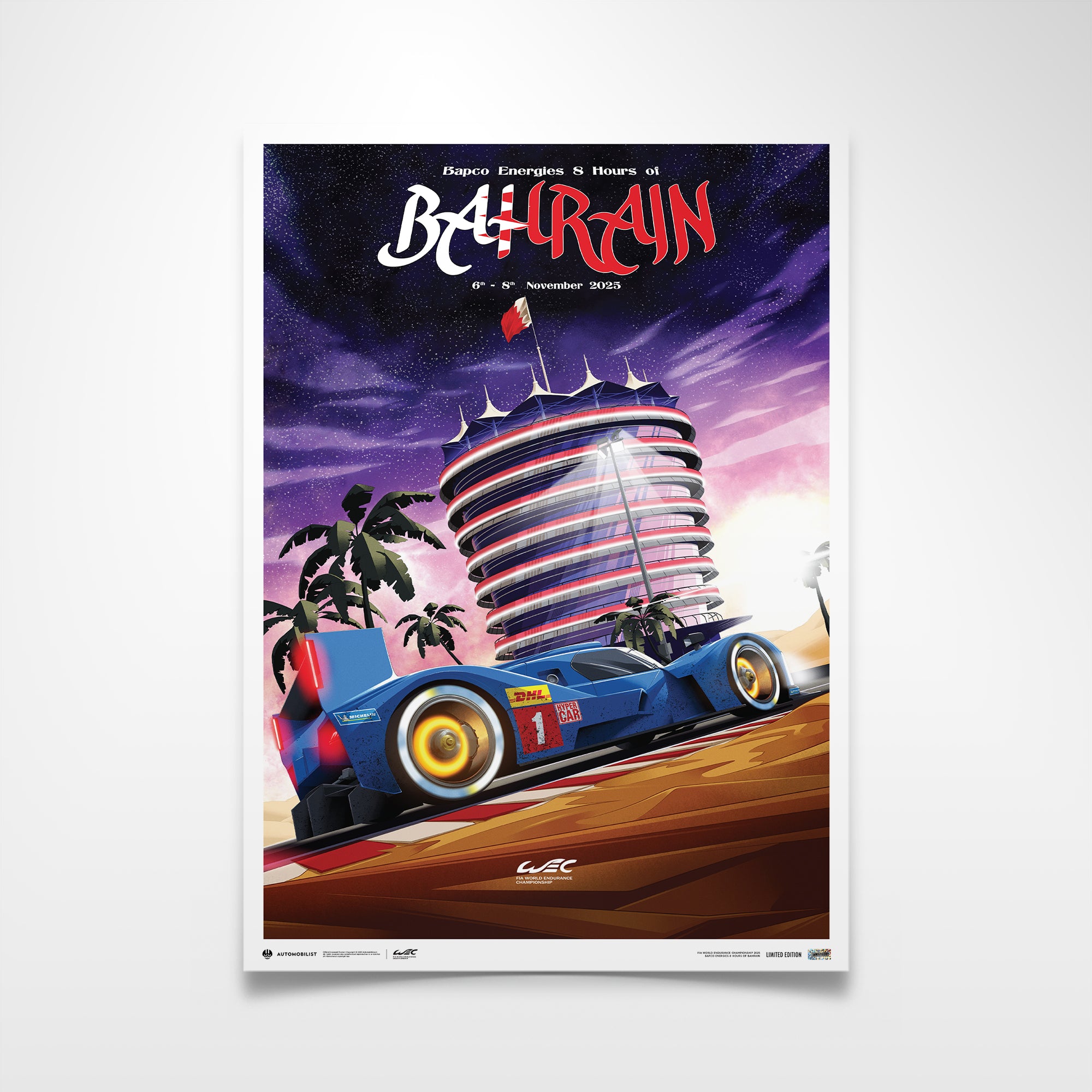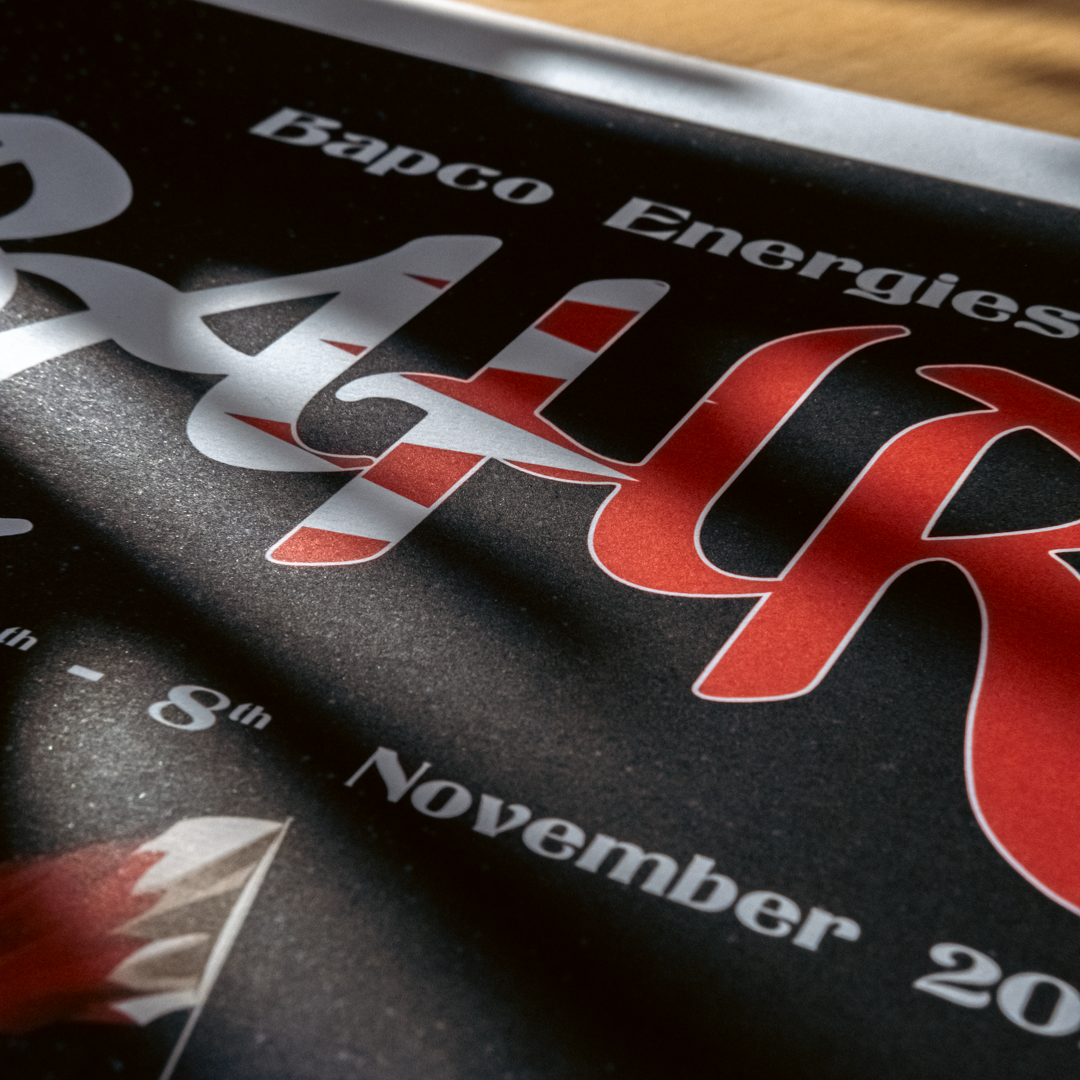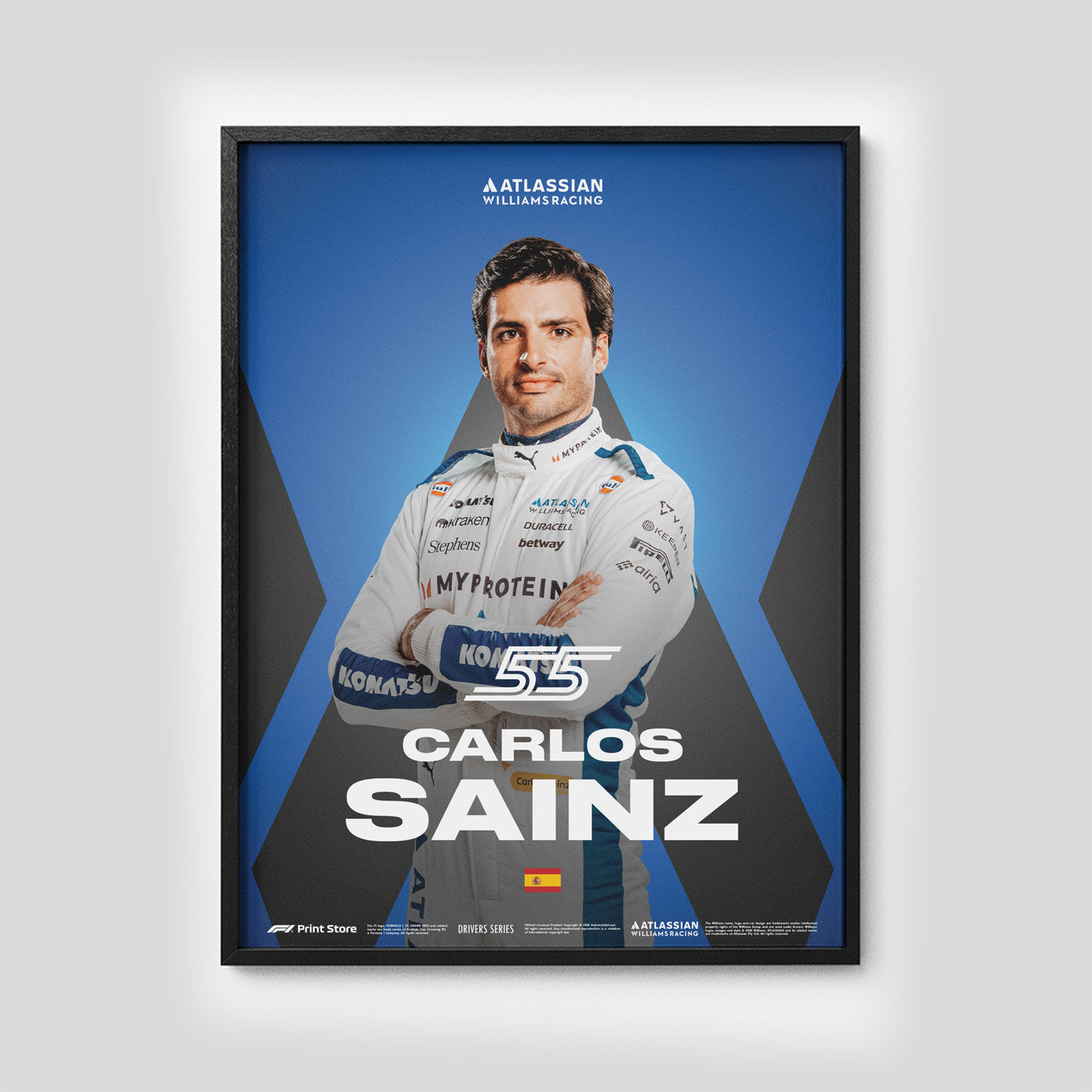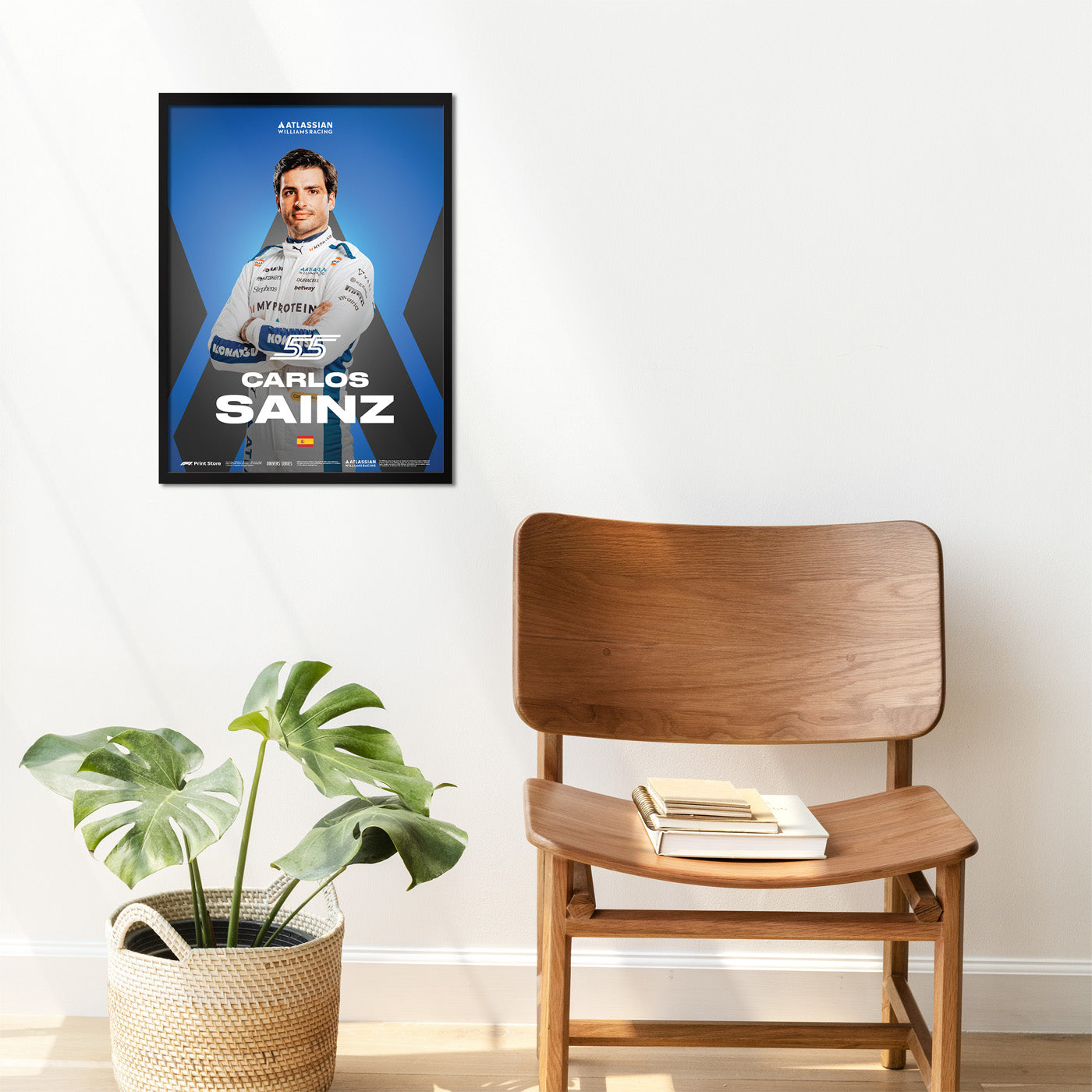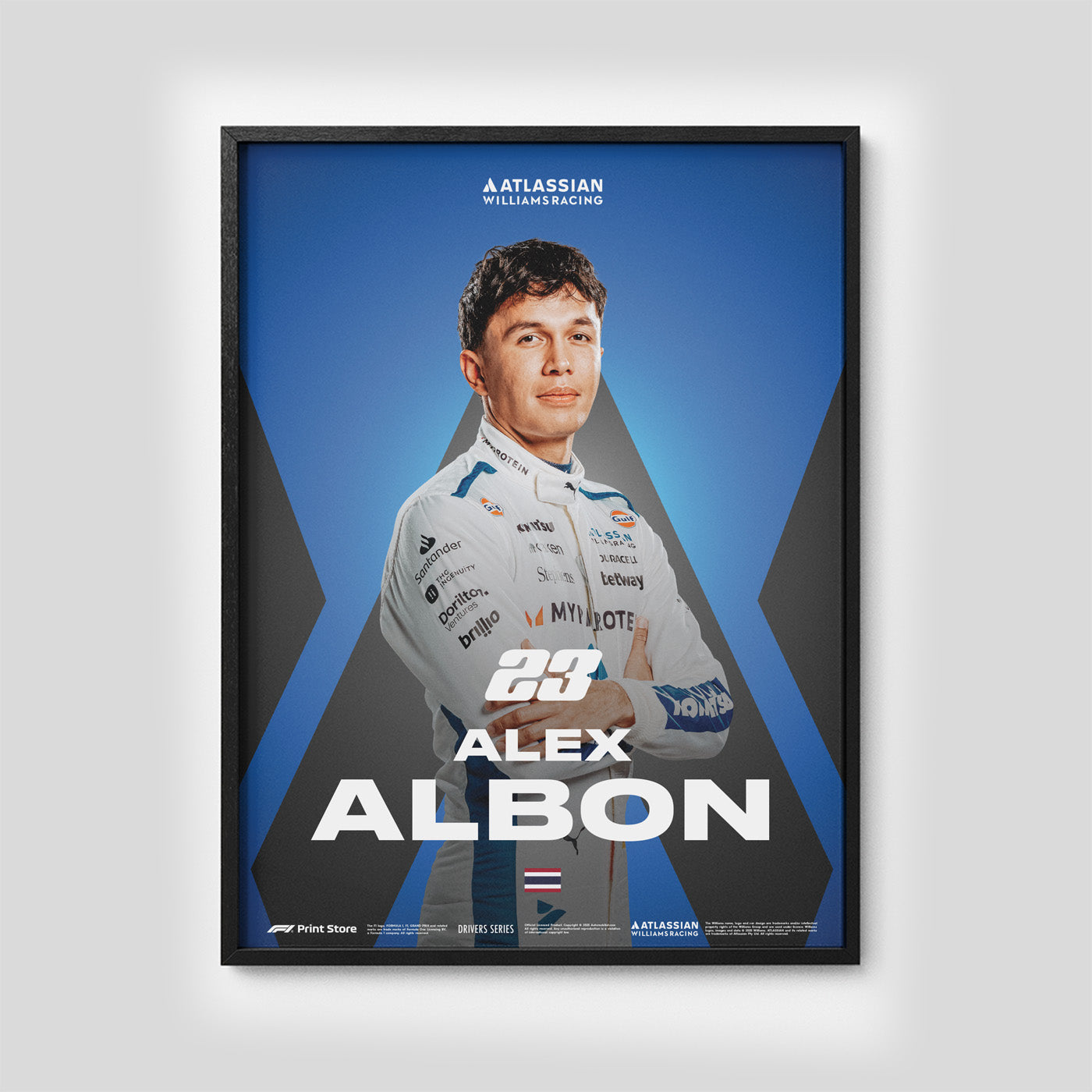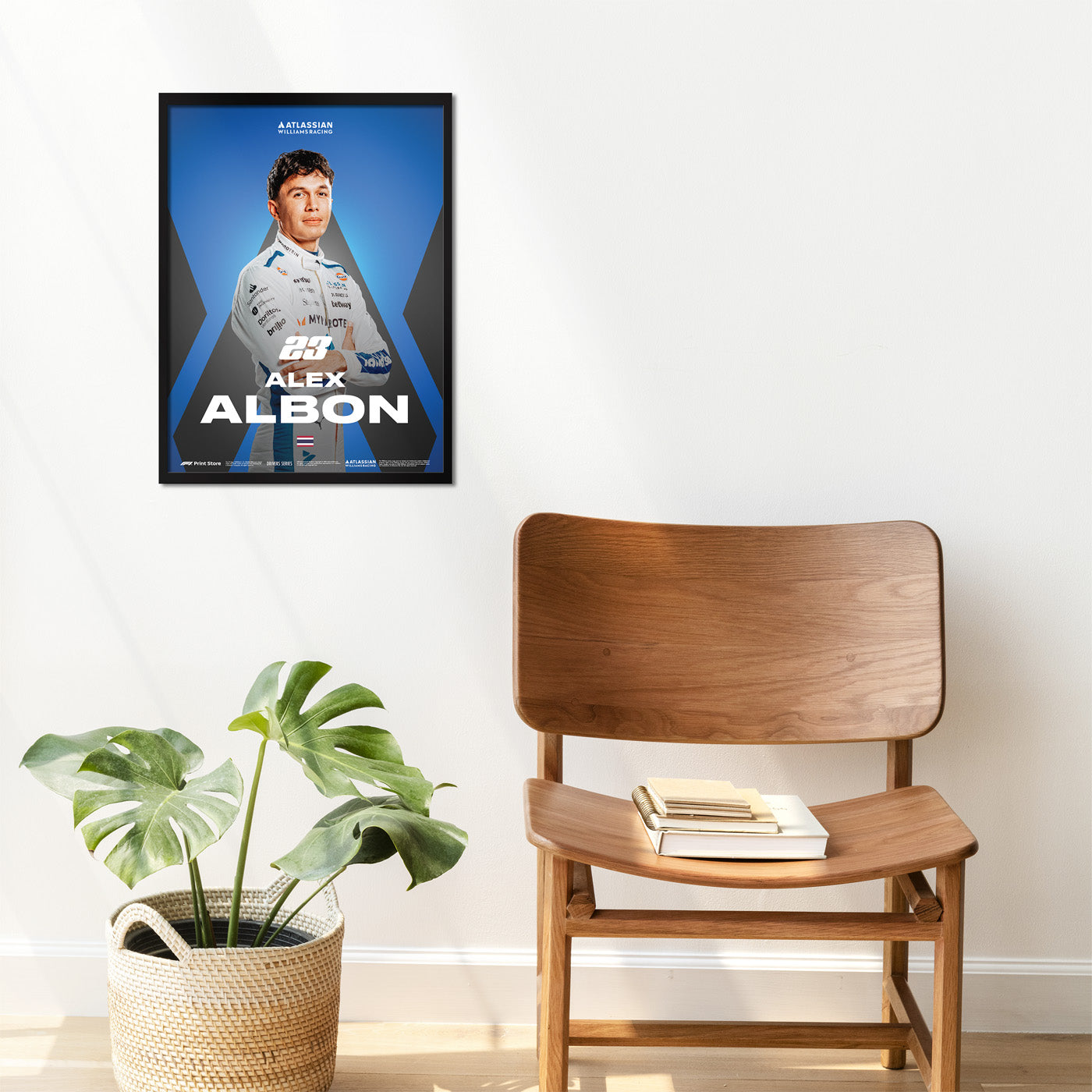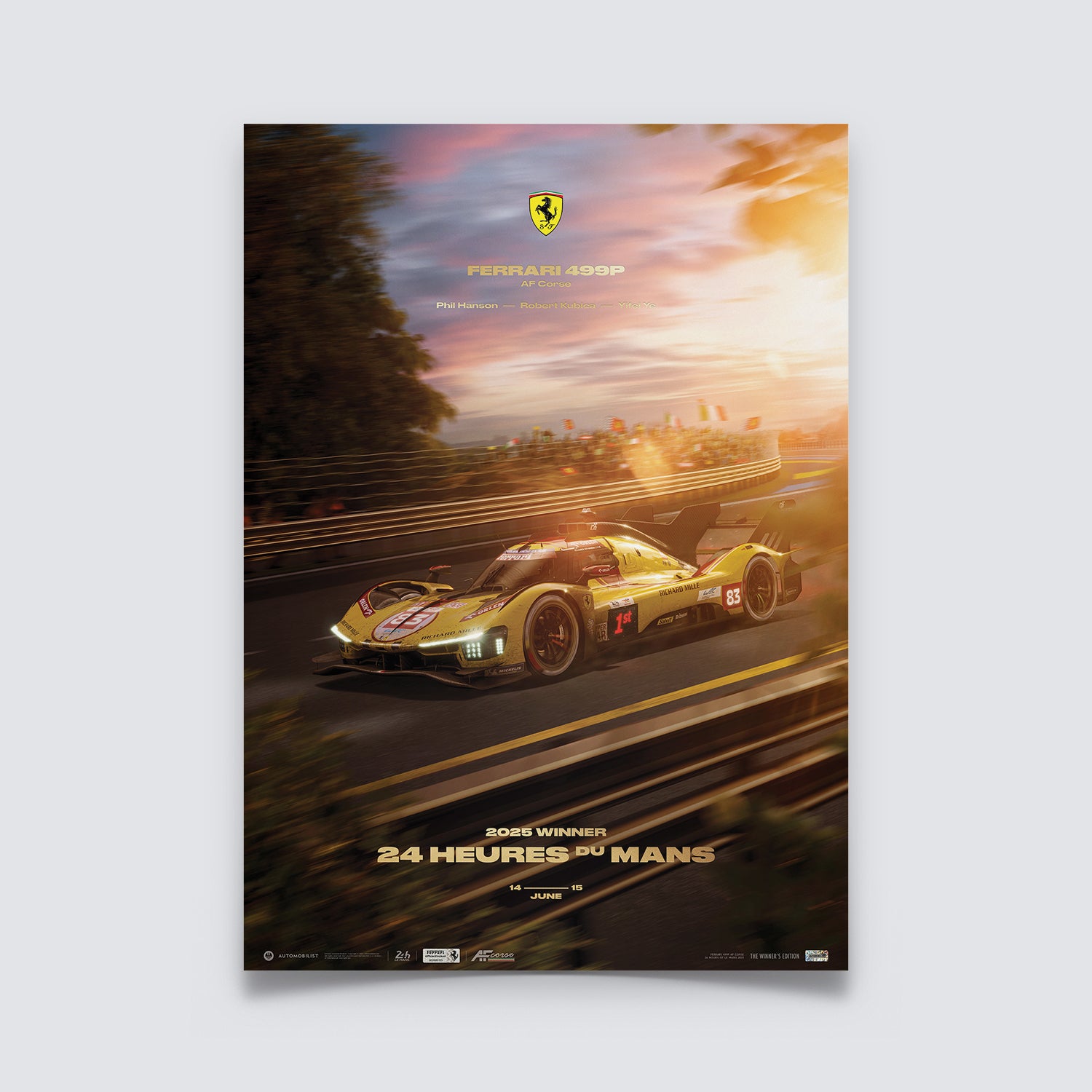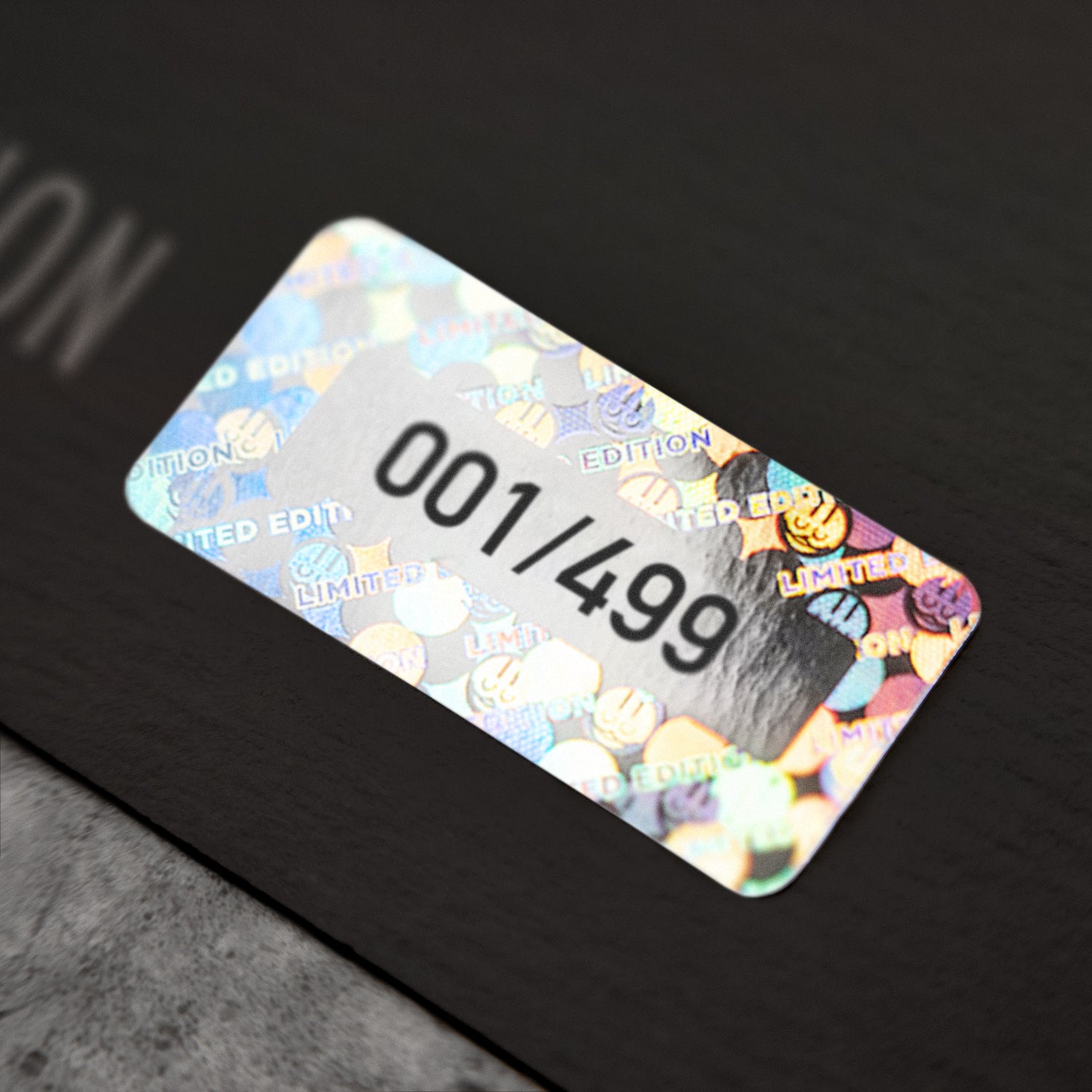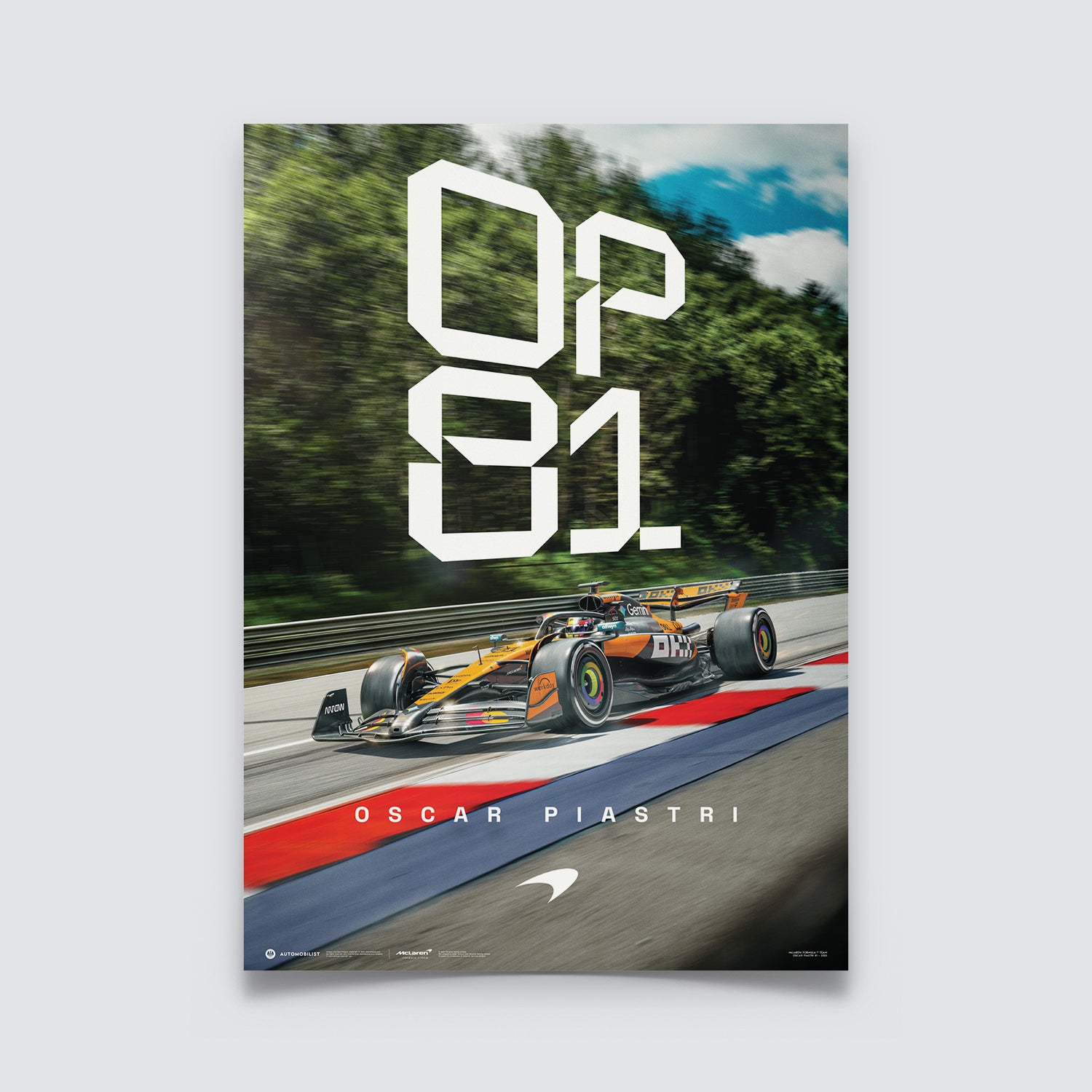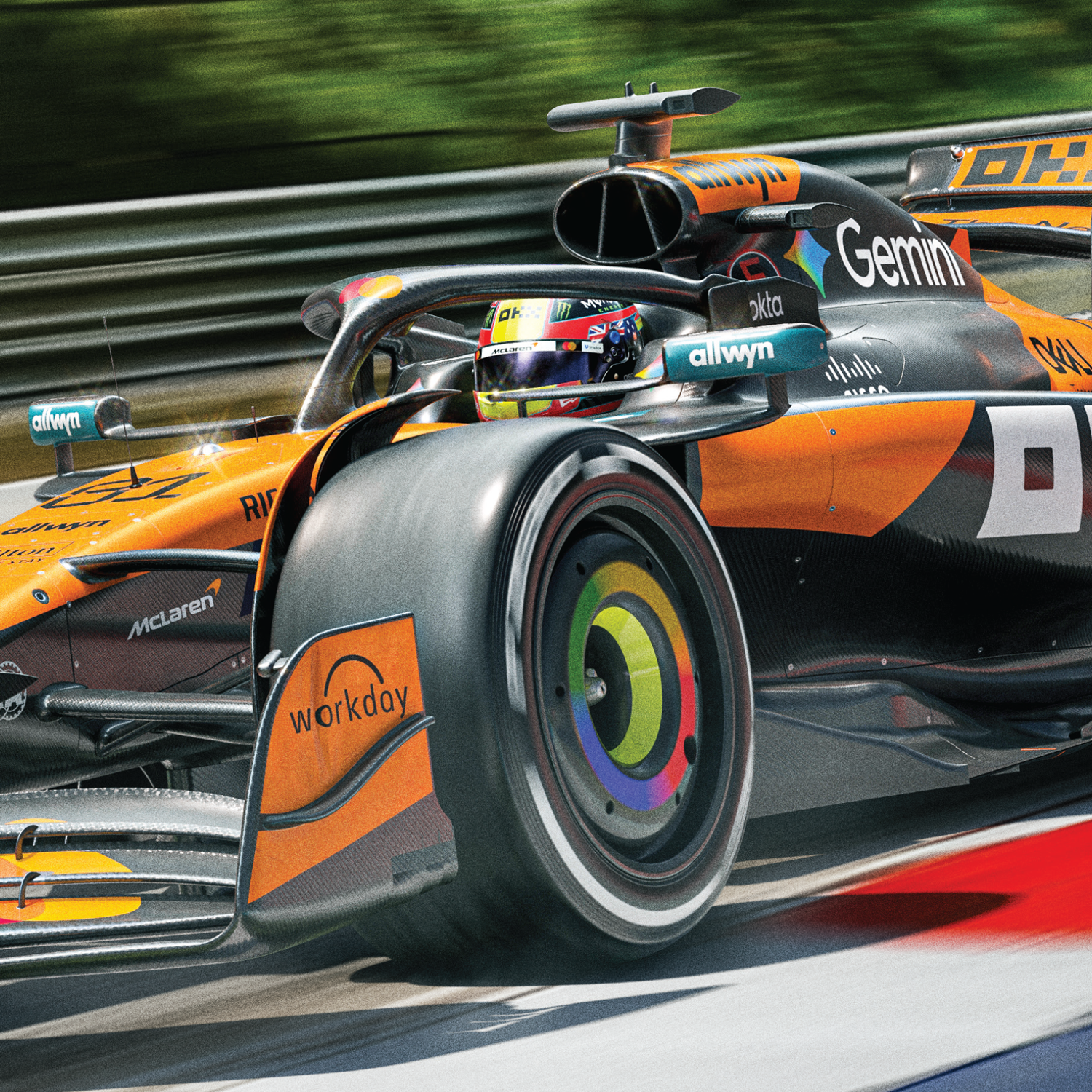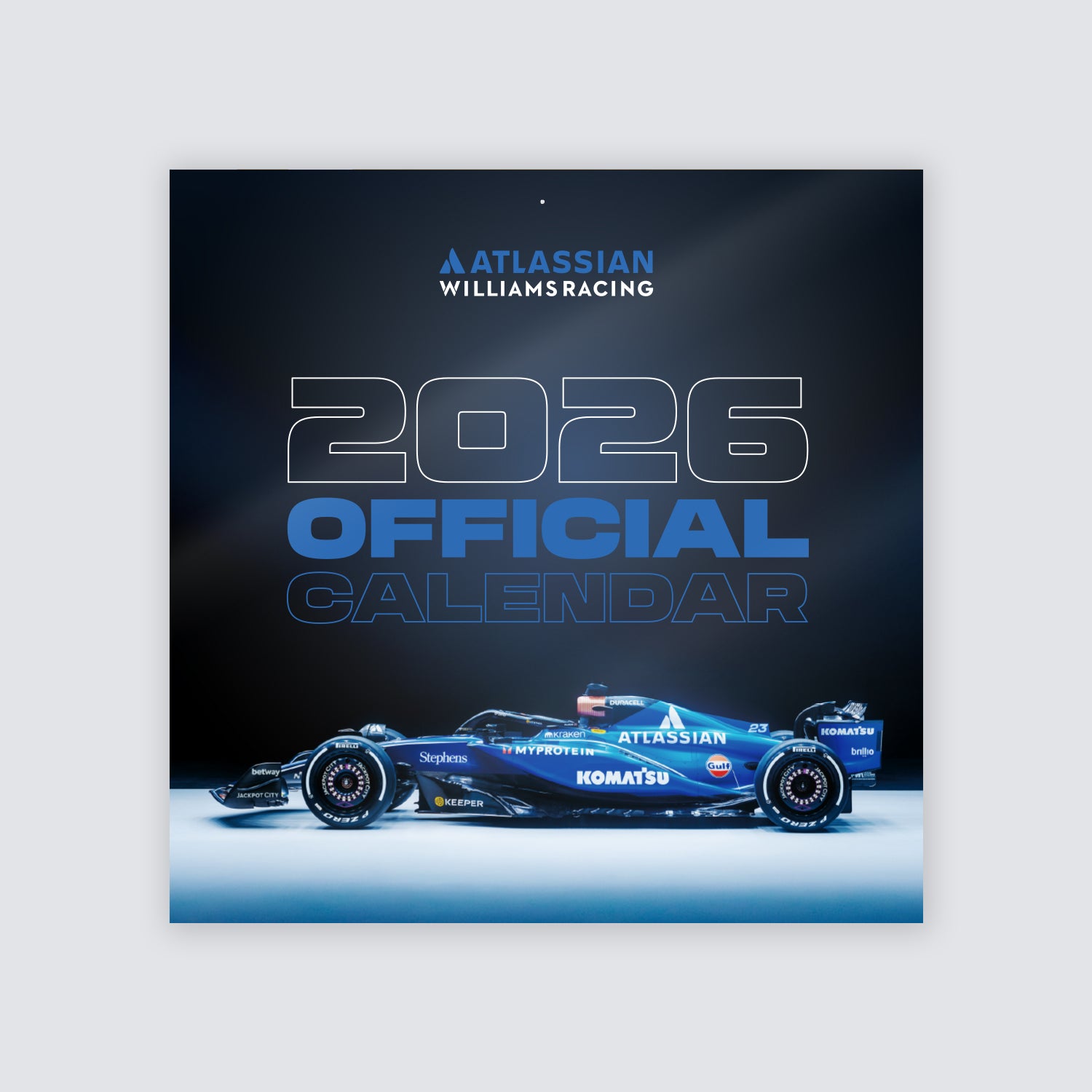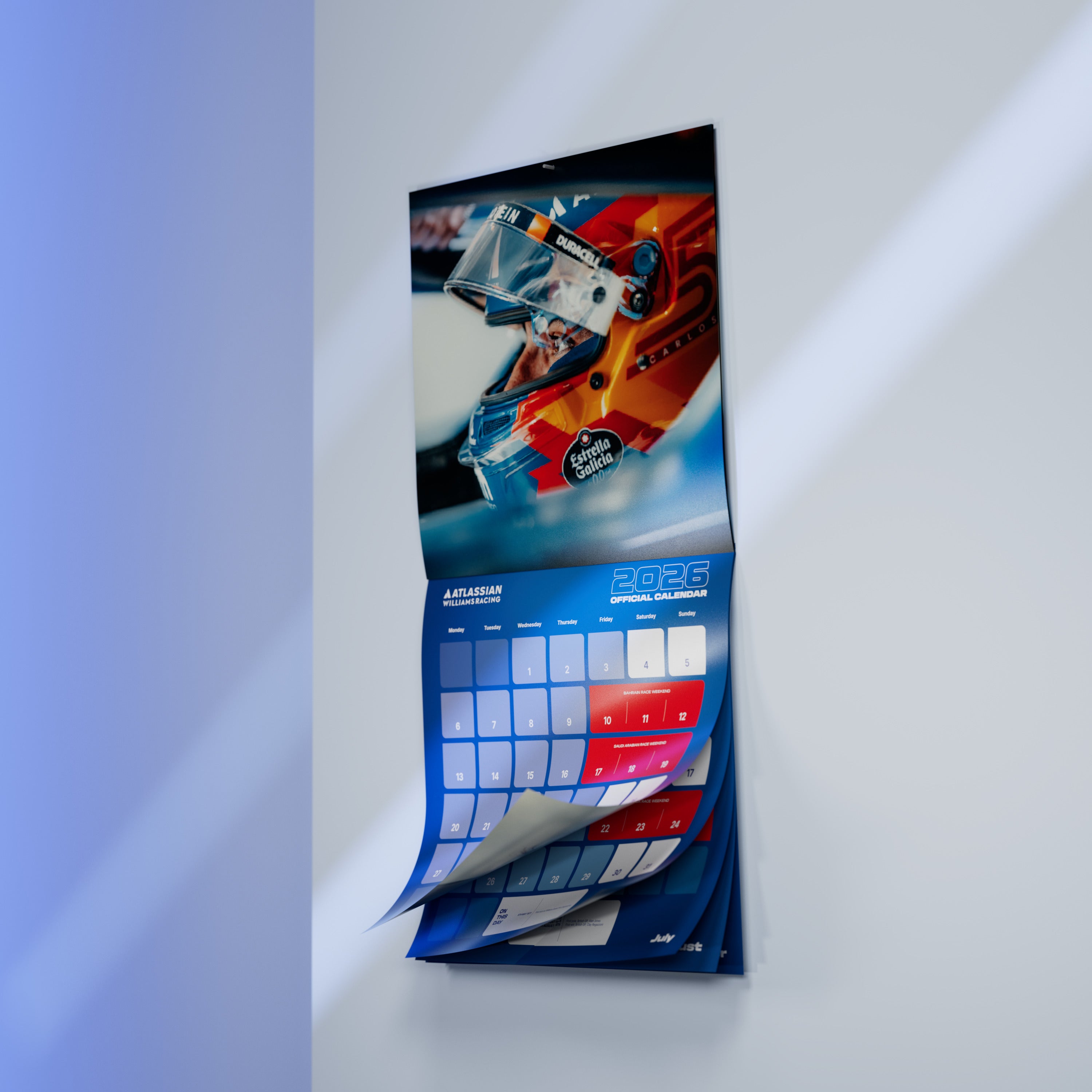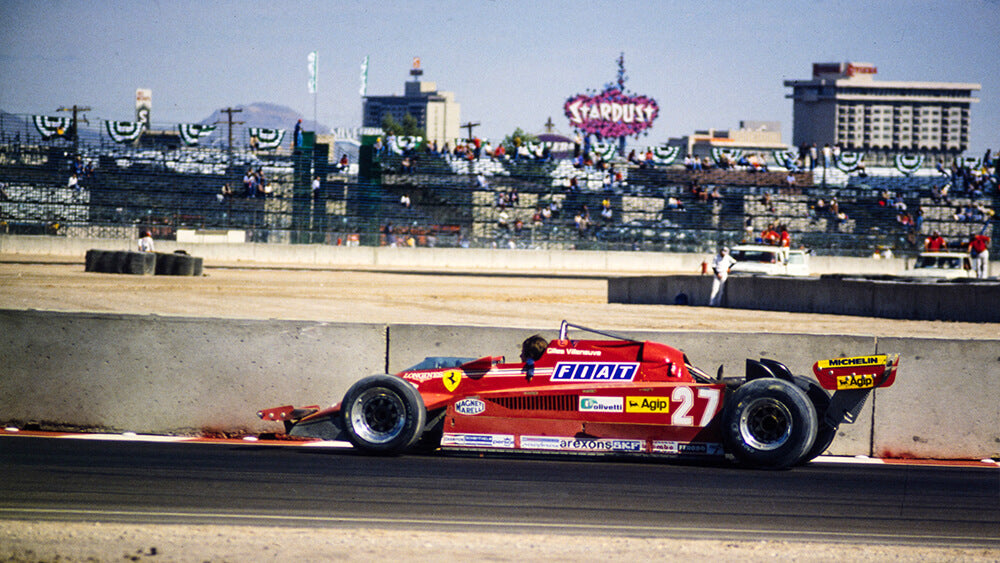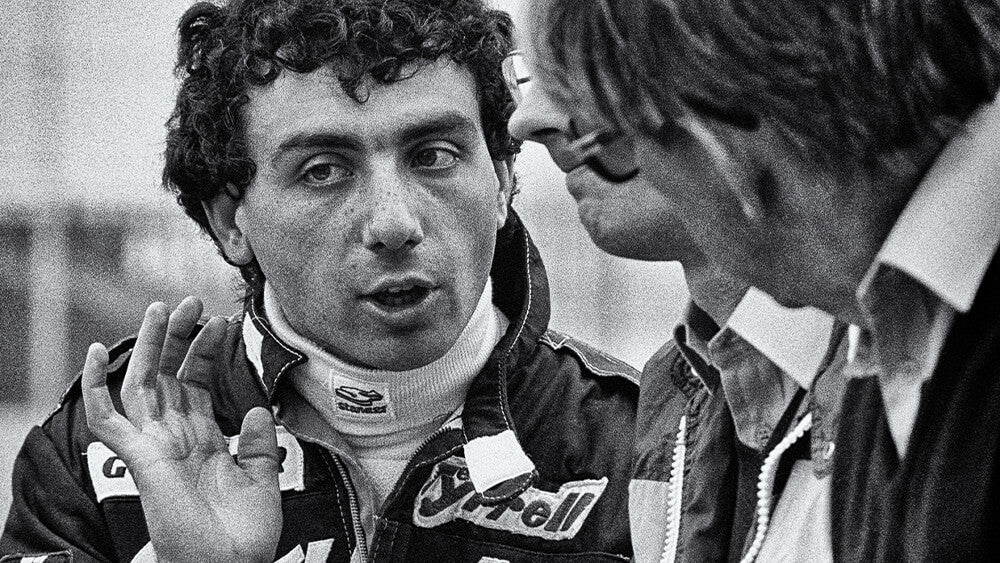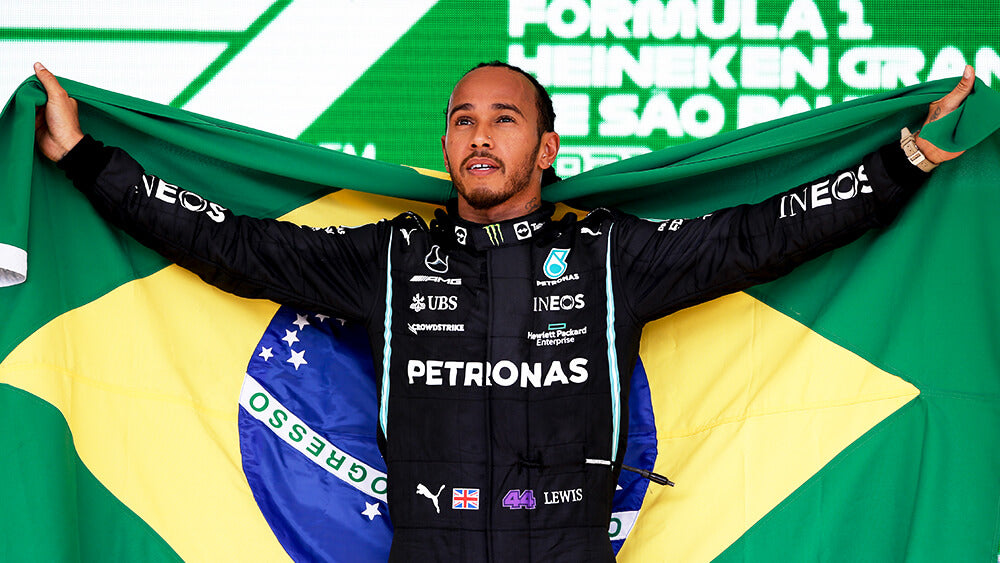"Wrc has undergone tremendous evolution over time - how do you see it evolving?"
Automobilist had the chance to catch up with Robert Reid, 2001 World Rally Champion co-driver and FIA Deputy President for Sport, for an exclusive interview.
Elected to the role in December 2021 as part of incoming President Mohmmed Ben Sulayem’s administration, Reid had been active in various FIA training and development initiatives since retiring from active participation in the sport. He tells Automobilist about his take on rallying’s constant evolution.
 Robert Reid (right) with Peter Bayer and Stefano Domenicali at the Australian Grand Prix in 2022. Image courtesy Hoch Zwei
Robert Reid (right) with Peter Bayer and Stefano Domenicali at the Australian Grand Prix in 2022. Image courtesy Hoch Zwei
Automobilist: Although the FIA World Rally Championship was founded in 1972, rally has existed in some form since the early 1900s. The sport has undergone tremendous evolution over time - how do you see the WRC evolving from here on in?
Robert Reid: A very big question and I wish I knew the definitive answer. The automotive industry generally is facing some challenges and rally being a sport that takes place mostly on closed public roads, through villages and towns and everything, obviously it's going to be a challenge going forward, also environmentally.
Car manufacturers are struggling to work out what the future fuels will be, so it's very difficult to say what will happen with rally. The one thing I would say is, that I think that does create some tremendous opportunities.
In motorsport, we have different disciplines that we strive to find different solutions for; the same technical solutions won’t suit each discipline. For example, it would be impossible to run rally as we know it using current battery technology, but, that's not to say that in the next five or eight years battery technology won’t improve to the point where it’s possible.
 Robert Reid and Richard Burns after finishing 2nd for Subaru Rally of Cyprus in 2001. Image courtesy Motorsport images
Robert Reid and Richard Burns after finishing 2nd for Subaru Rally of Cyprus in 2001. Image courtesy Motorsport images
Automobilist: Would it be possible that rally will adopt very powerful hybrid units?
Robert Reid: Yes, I think it will happen. If you were to specify the hybrid solution that we have used from the start of this year today rather than two years ago when it was spec’d, the cost would be significantly lower, and the performance would be a lot better. Technology is moving so quickly that I think [the current technology] is short-term. Rally 1 as a category runs for 2022–24, so we need to start thinking smartly for 2025-onwards as to what the next generation will be.
Automobilist: Could we see co-drivers superseded by some sort of super satnav system?
Robert Reid: I think it's possible to do so, but it would be a different sport. That's probably where we're going to come up with a lot of opportunities going forward. Rally, as we all know, is a two-person sport, with one giving instructions, timing, and so on, and the other driving. If you wanted to do away with the co-driver, it would certainly become a different sport.
 Robert Reid at the Spa-Francorchamps at Circuit de Spa Francorchamps, Belgium in 2022. Image courtesy Motorsport Images
Robert Reid at the Spa-Francorchamps at Circuit de Spa Francorchamps, Belgium in 2022. Image courtesy Motorsport Images
Automobilist: How do you view the evolution of events themselves, formats, etc.? Obviously, the demographics of fans have changed, as have their lifestyles. We had three to four-day marathons...
Robert Reid: Speaking personally and not advocating where we should go, the things that attracted me to rallying were endurance, strategy, and tactics. These are all things you could argue are no longer in the sport. I remember on Rally GB you could do a whole day of rallying from 6am to 10pm, and I would have gotten out of the car three times. It was go, go, go all the time: doing stages, servicing on road sections; as a co-driver you controlled the whole scenario, whereas today it’s "Office Hours Rallying"—civilised start times, finish times, and you're coming back to a central point all the time.
Personally, I think the rally has lost a little bit. You could argue on the flip side that what it's gained is where we thought we were going quite quickly most of the time, the drivers are now absolutely flat out all the time. The spectacle is a bit different now, with things like the advent of GoPro cameras and lots of onboard shots, and the WRC promoter running live systems.
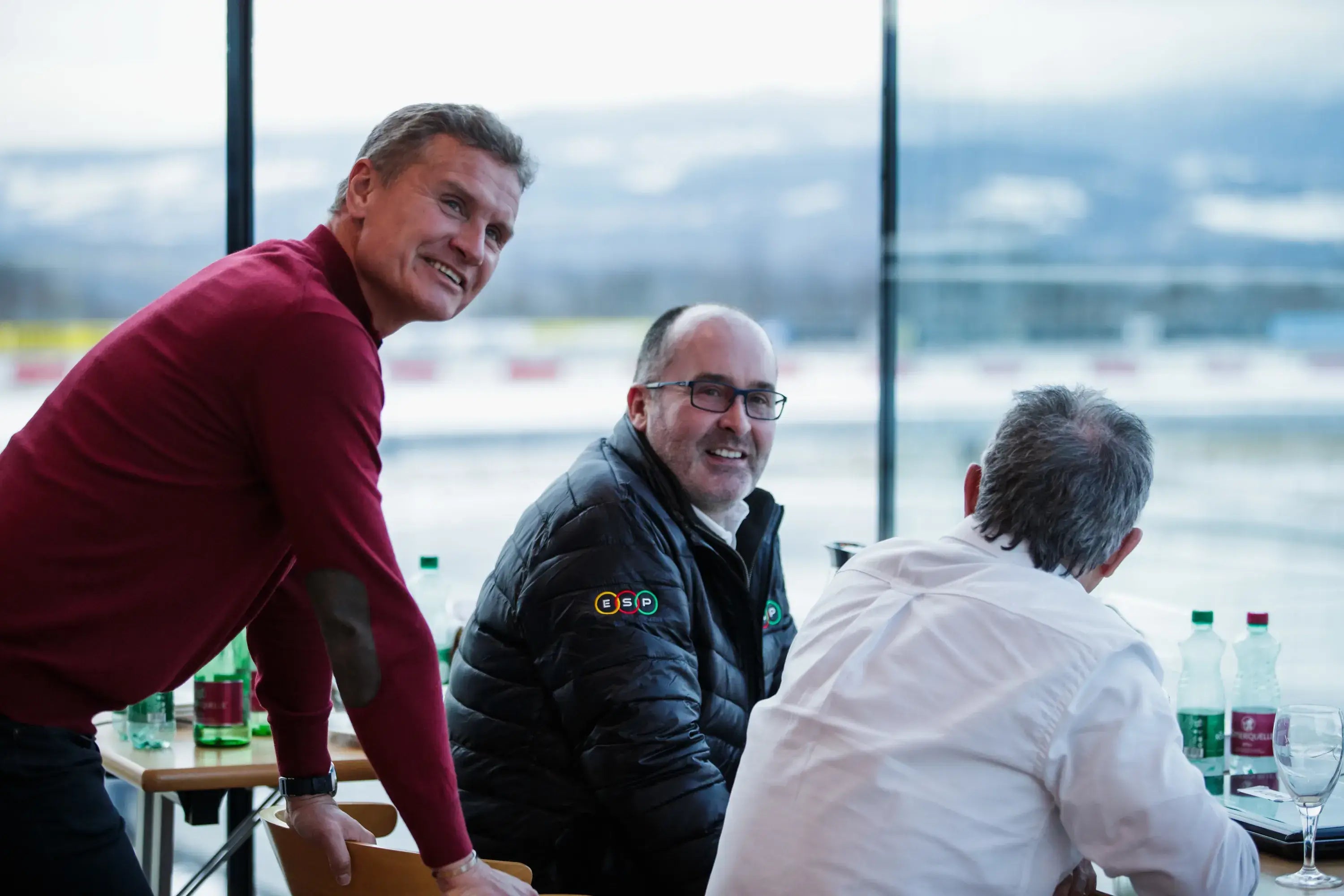 Robert Reid with David Coulthard and the W series advisory board chairman at the Driver selection program in Austria 2019. Image courtesy Motorsport Images
Robert Reid with David Coulthard and the W series advisory board chairman at the Driver selection program in Austria 2019. Image courtesy Motorsport Images
Automobilist: How will the constant quest for cost control impact rallying going forward?
Robert Reid: 30 to 40 years ago, you could go to your local Ford dealer, buy an RS1800 and compete on the same stages as Roger Clark or Hannu Mikkola. Those days have unfortunately passed. The cars at the top end are very expensive, but there's a new breeze coming through with the Rally 3 category, which replaces the old Group N cars. It is very cost-effective, has very good performance, and low servicing costs in terms of maintenance of the vehicle. It's a cost-cap formula in terms of vehicle price and parts.
Cost is a constant topic, not far from everybody's mind in motorsport, which is a balance between making sure it is affordable to those who want to go and do it, but you also can't hold back technology. The base cars themselves are becoming more and more complex, and therefore more and more costly.

